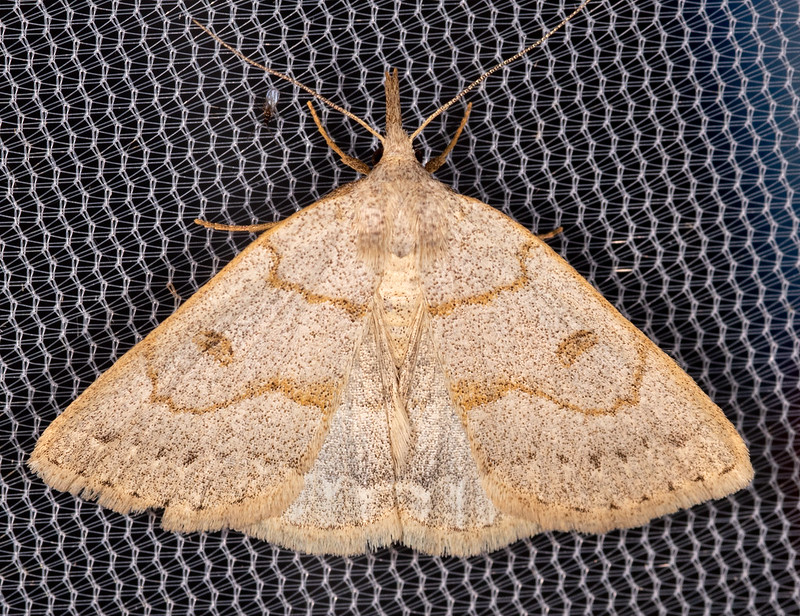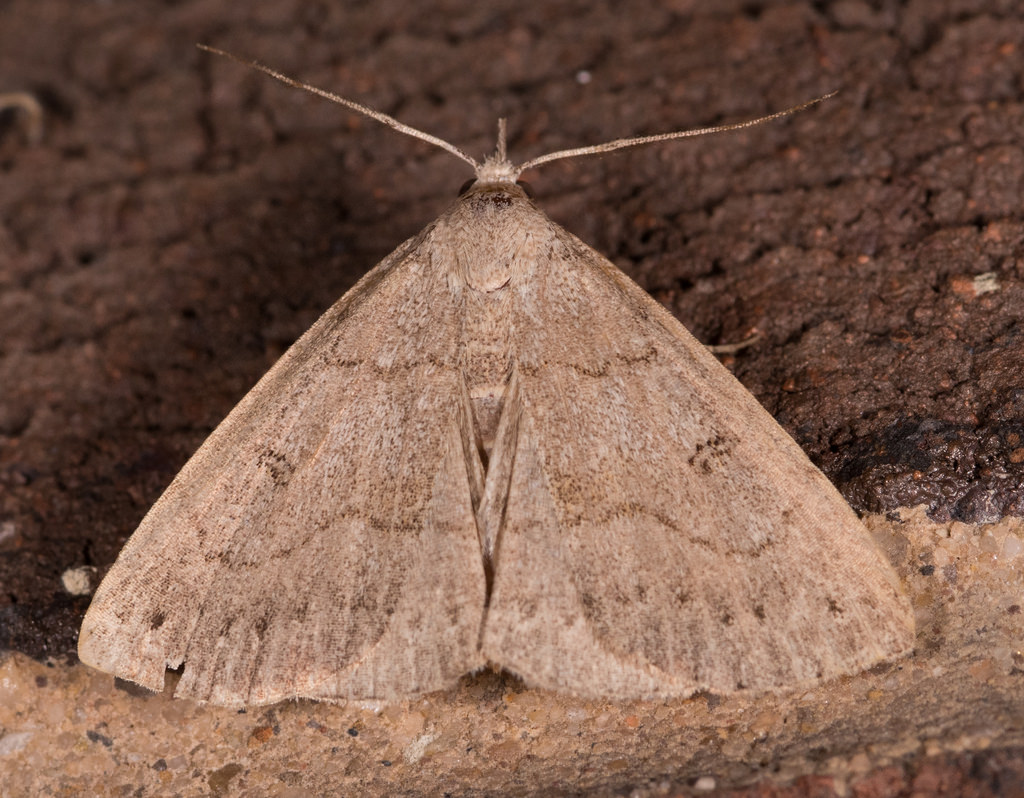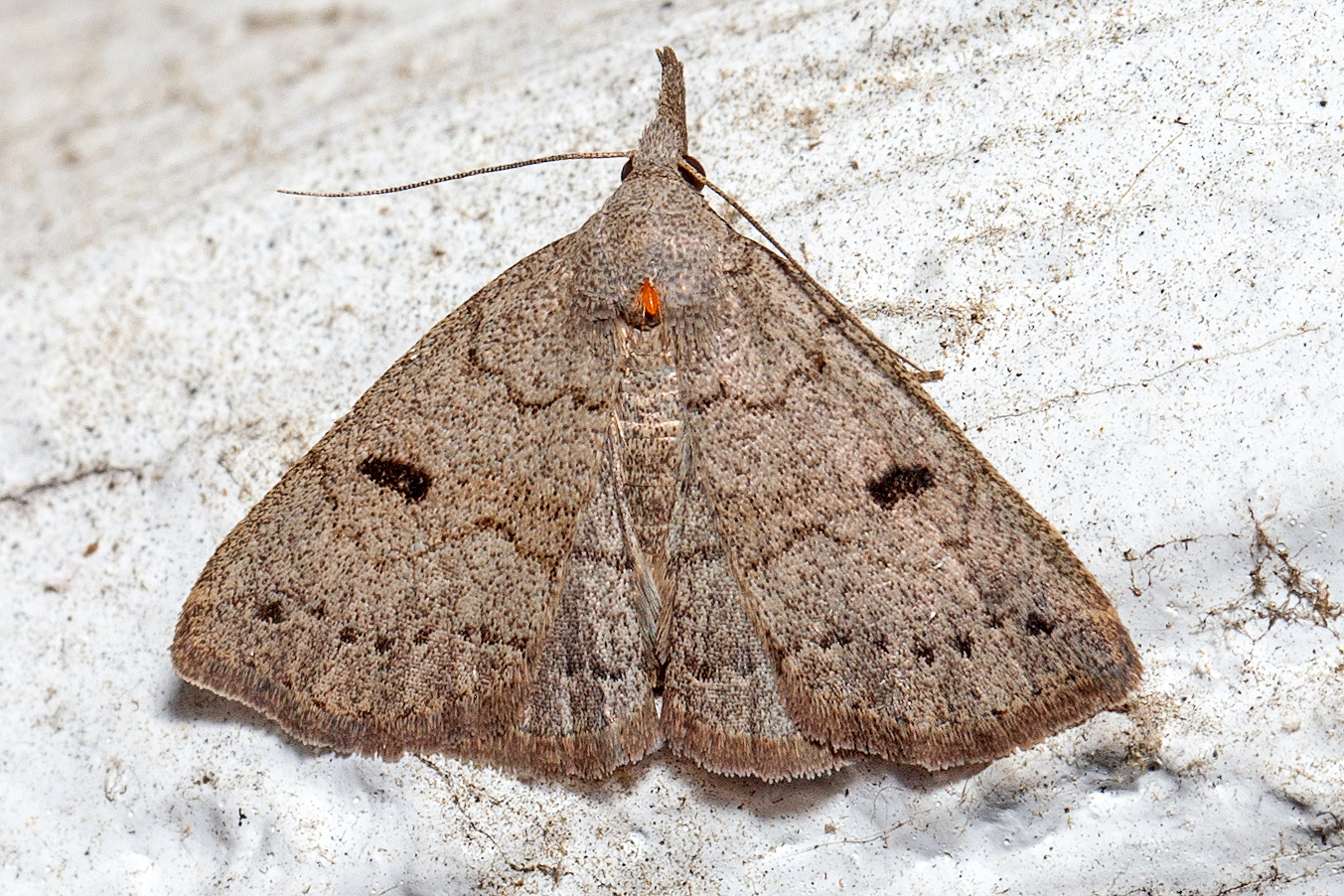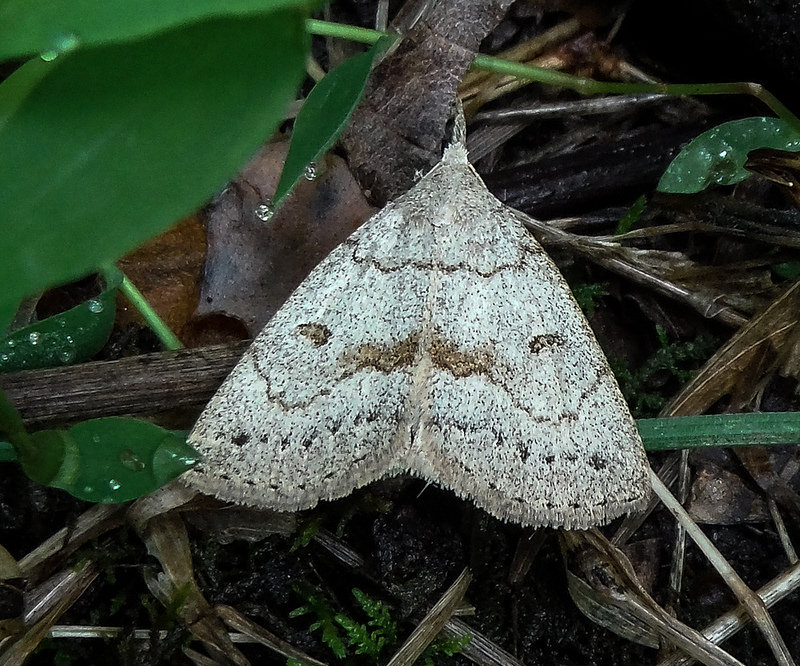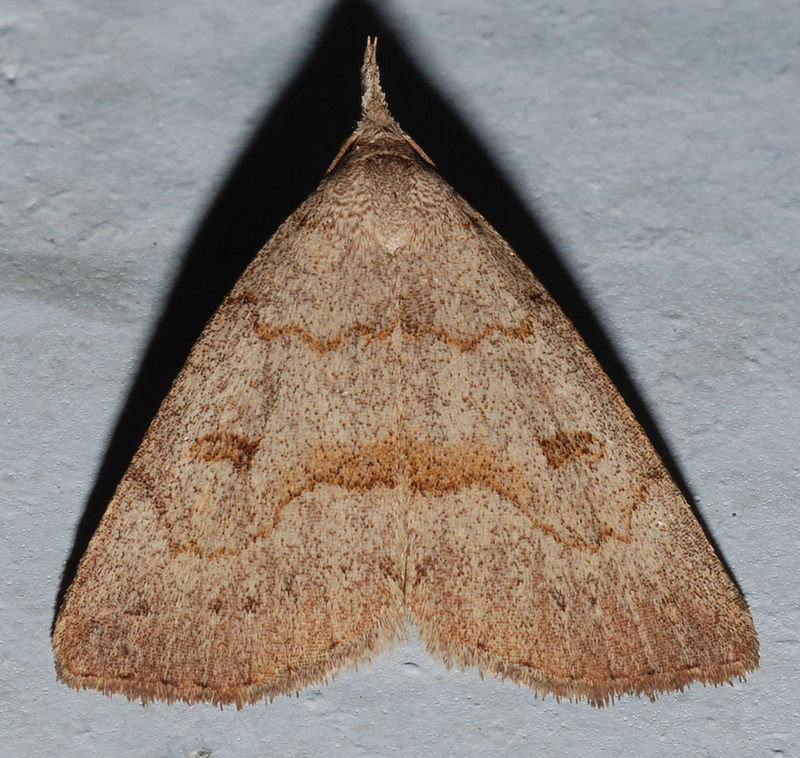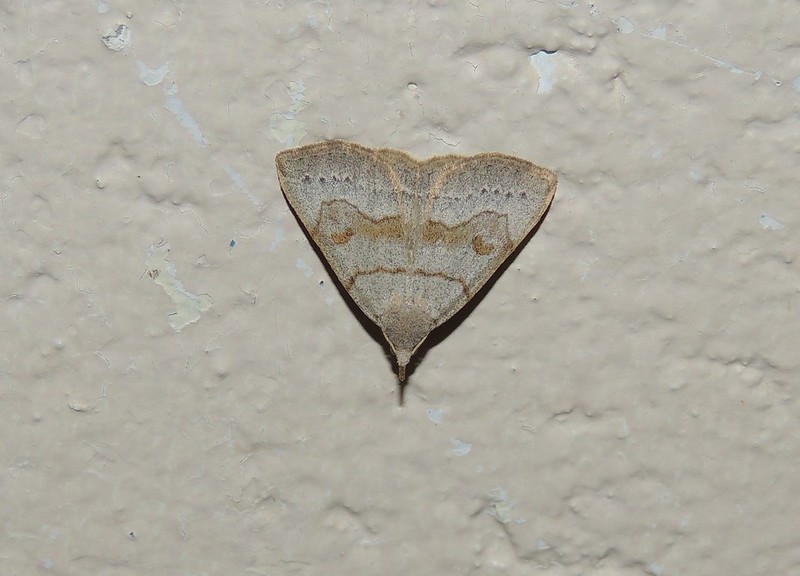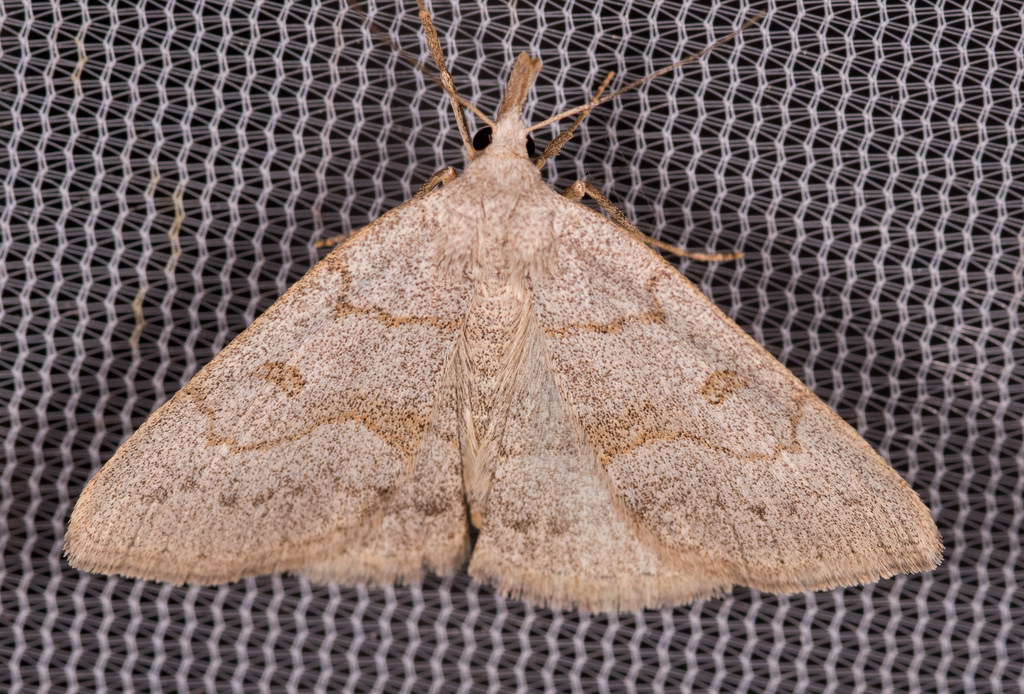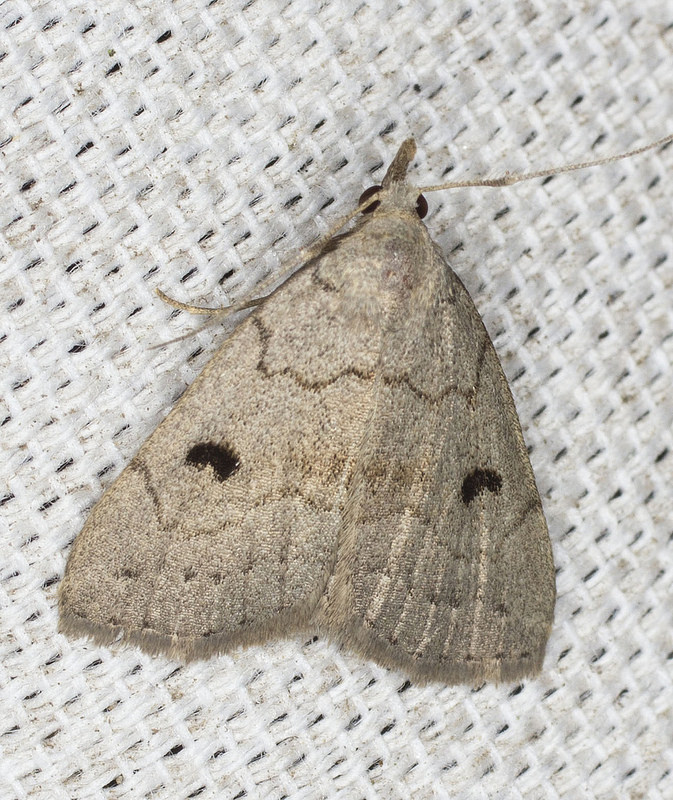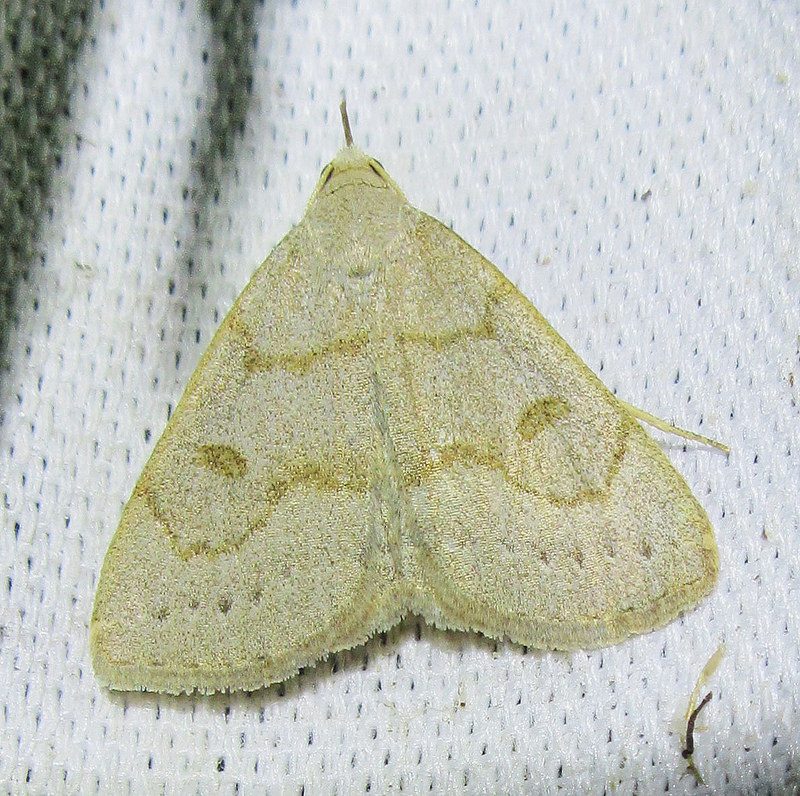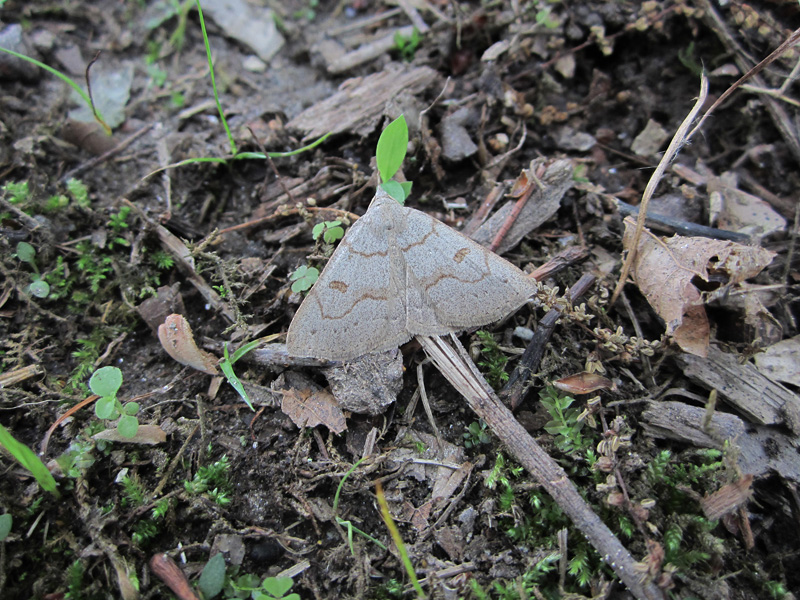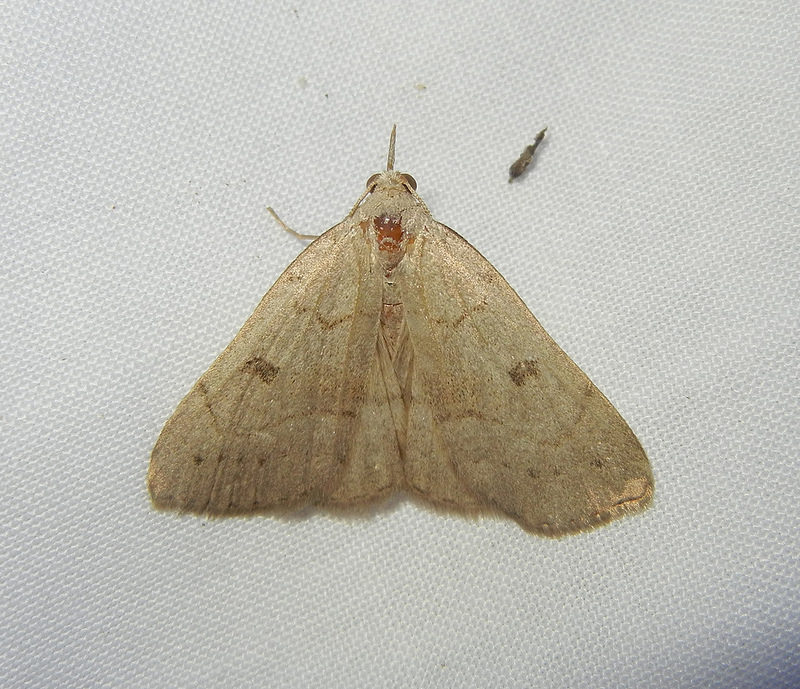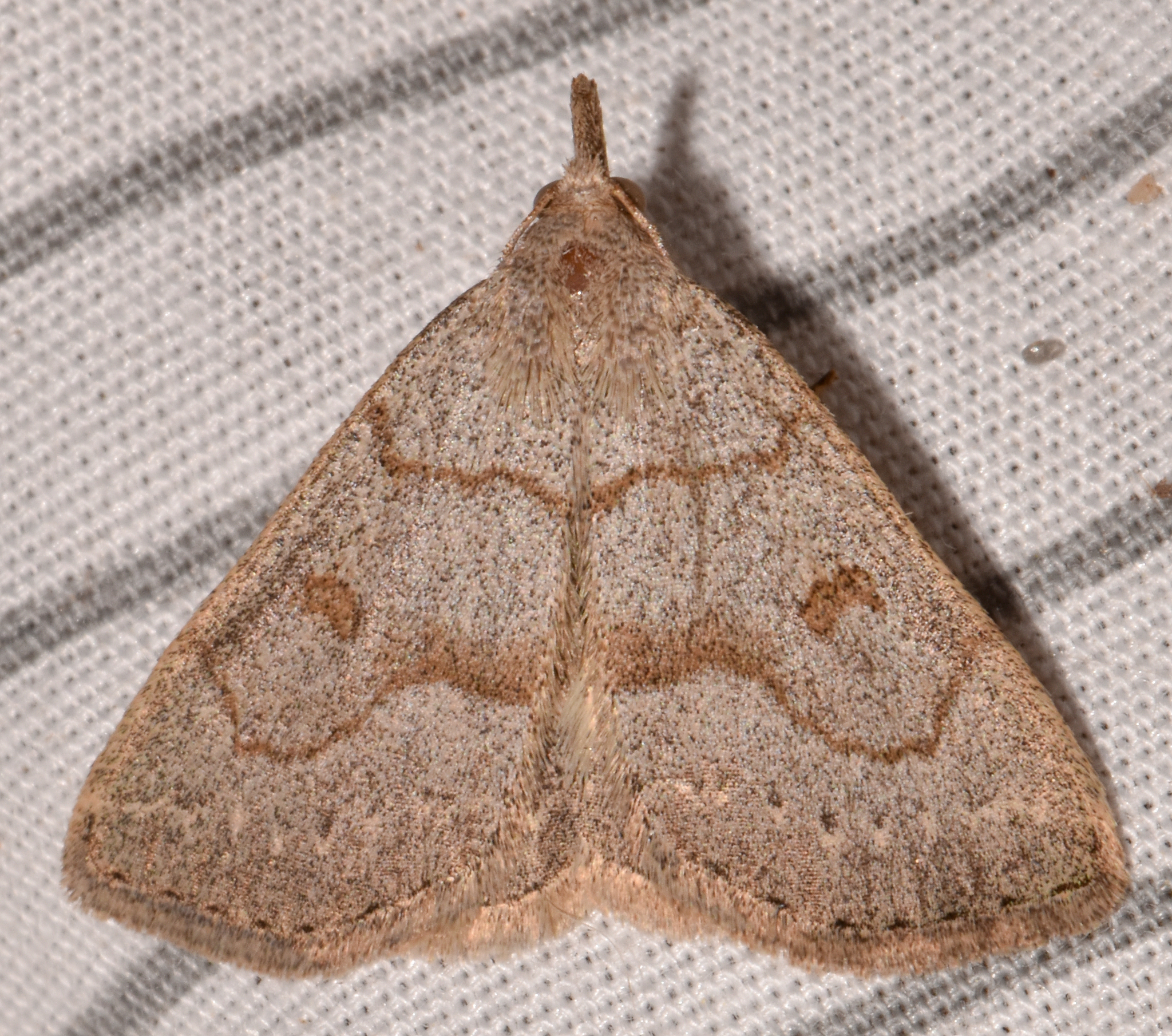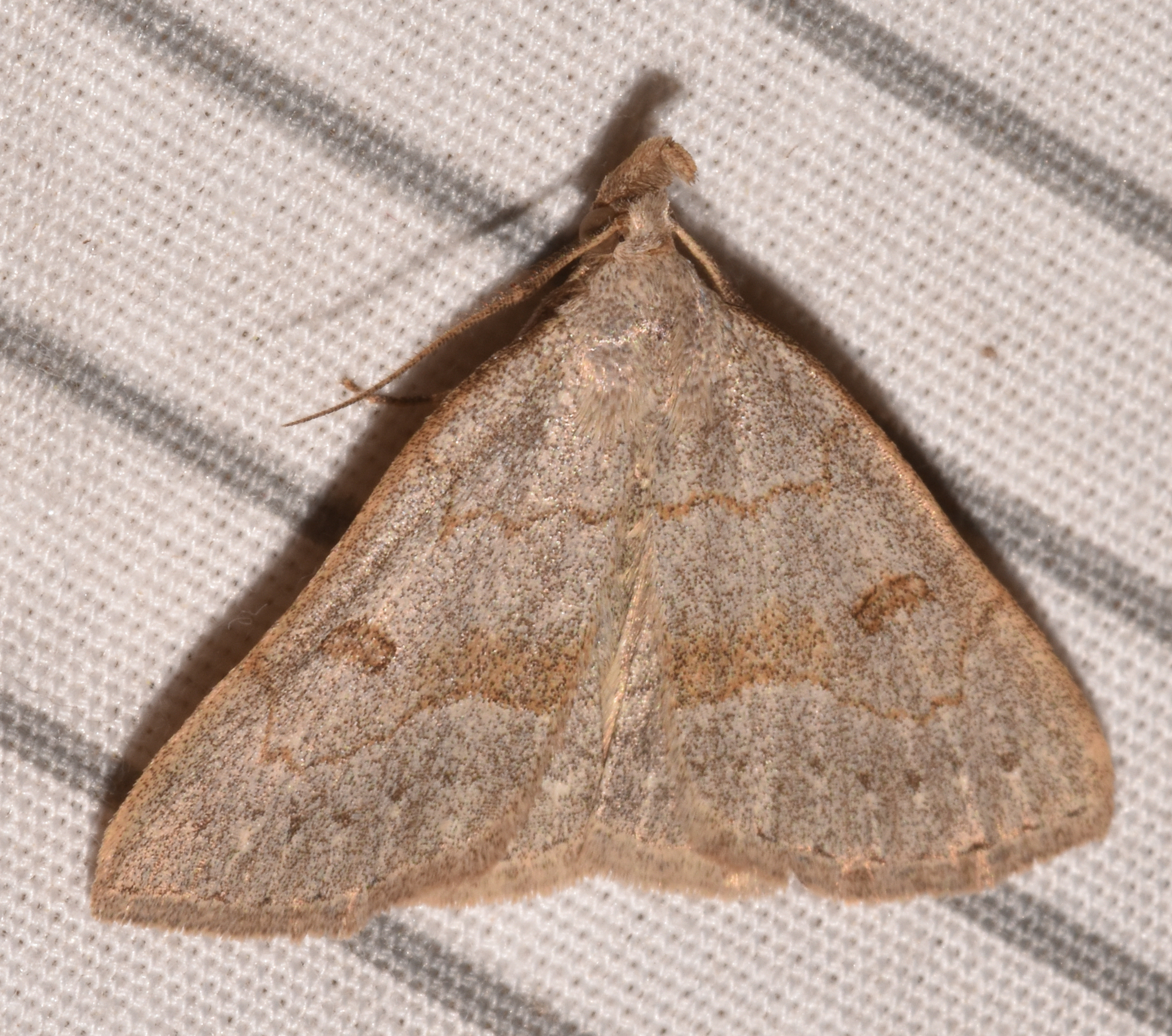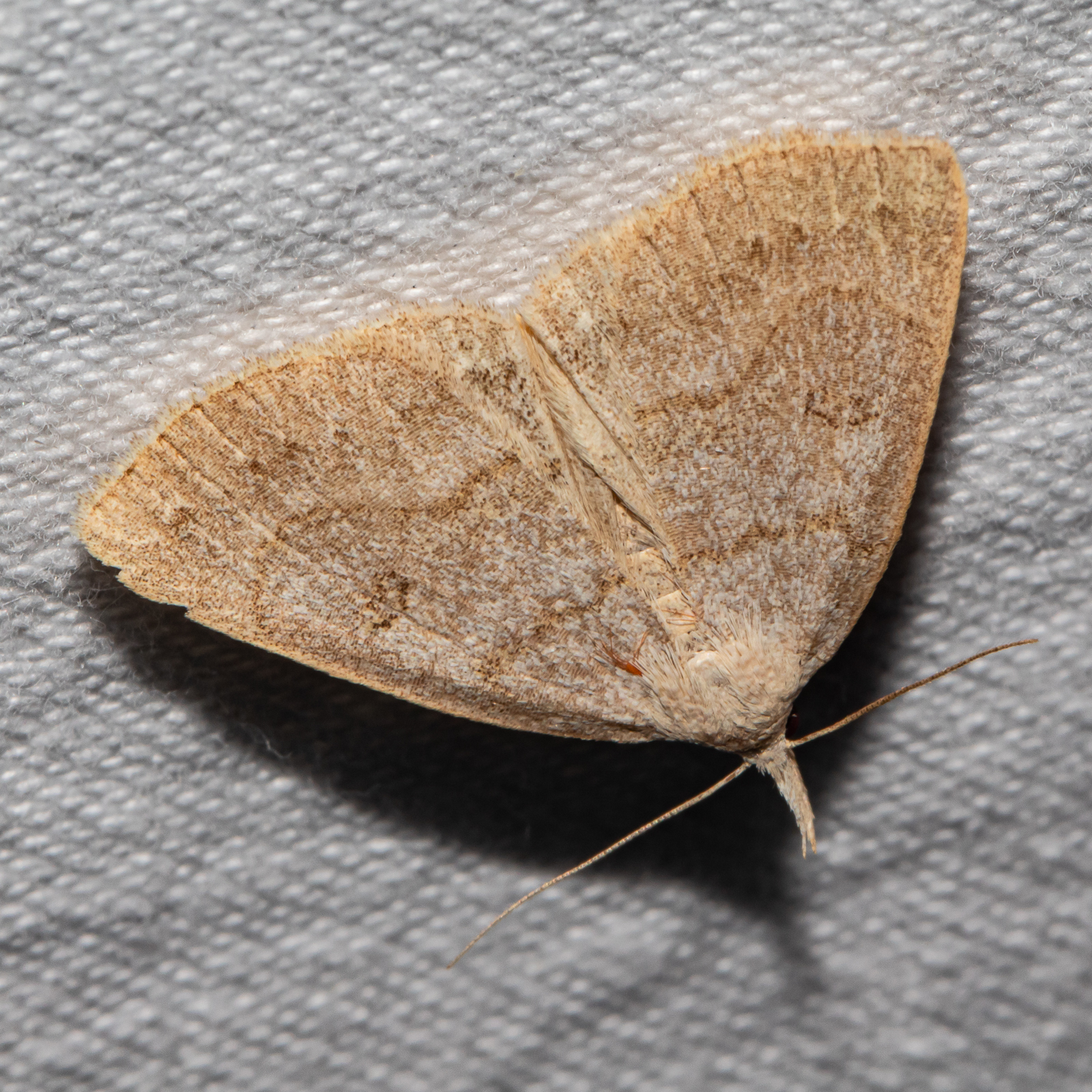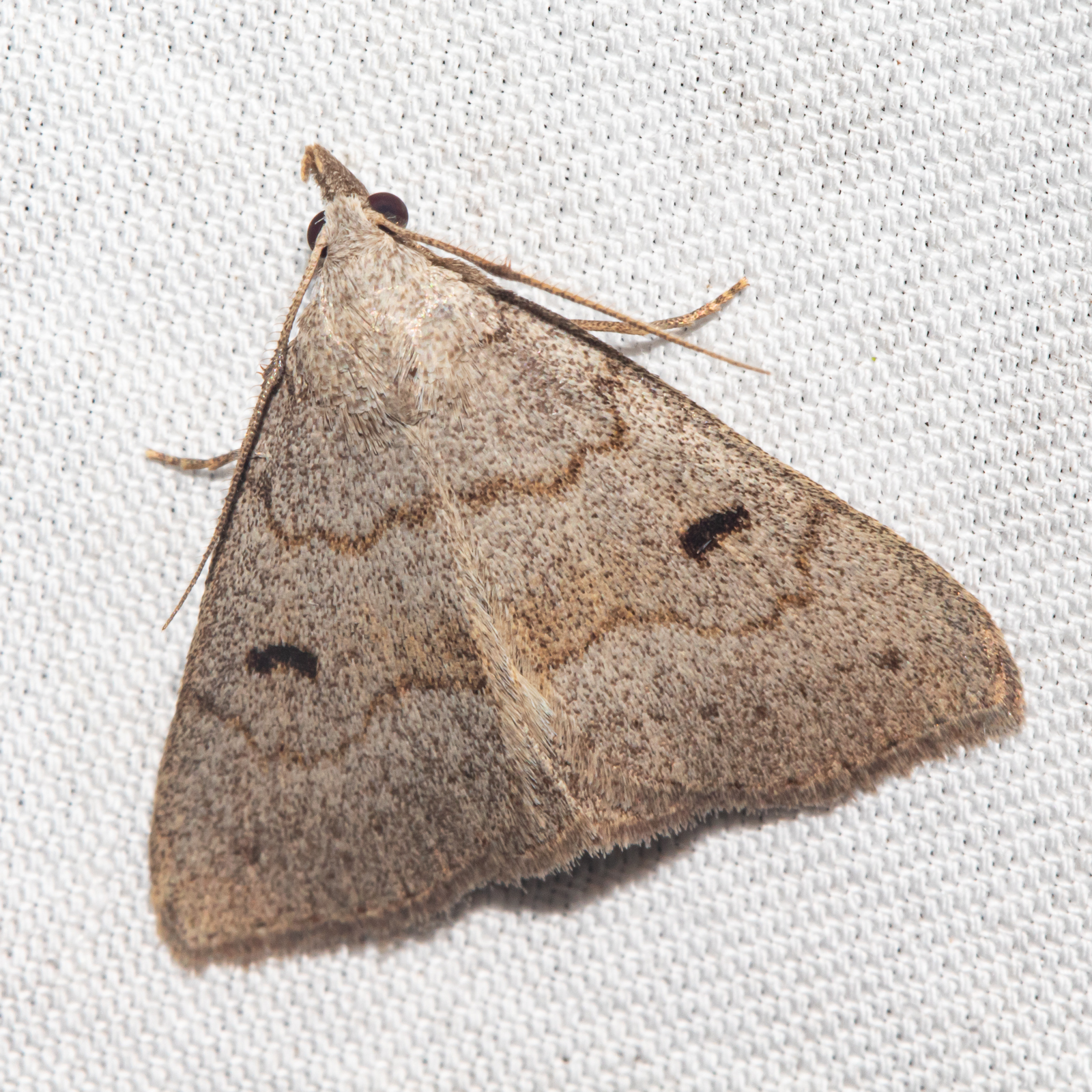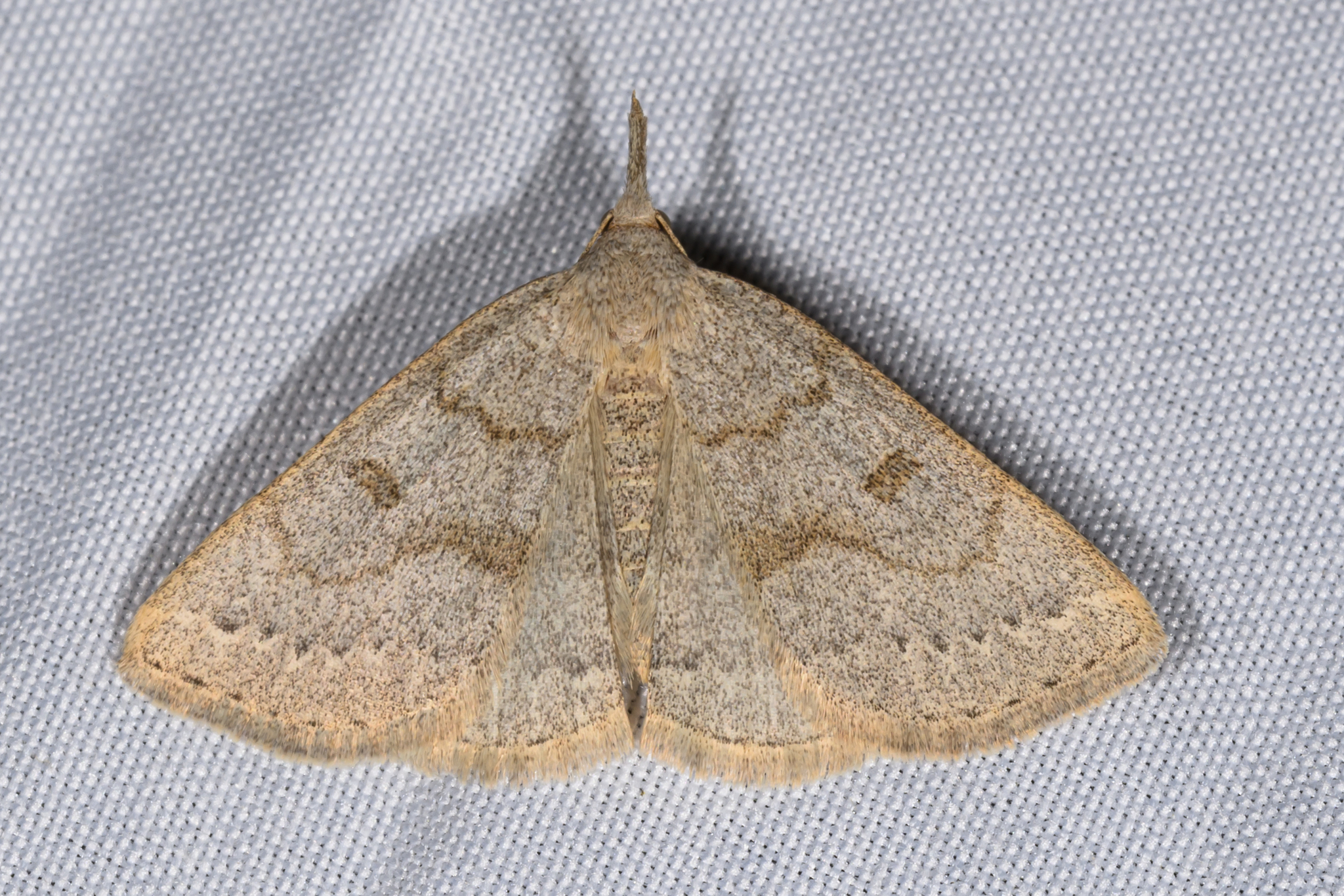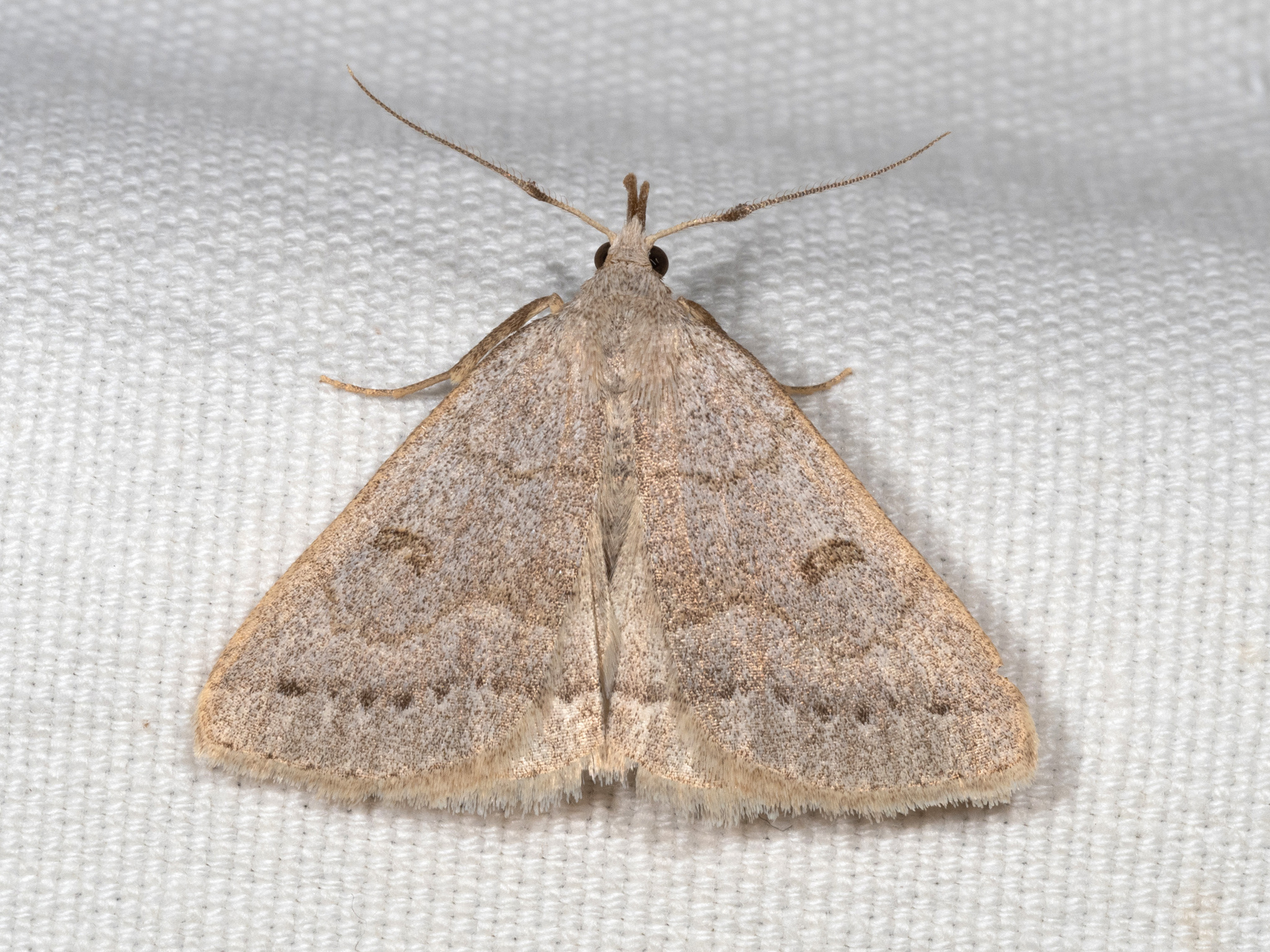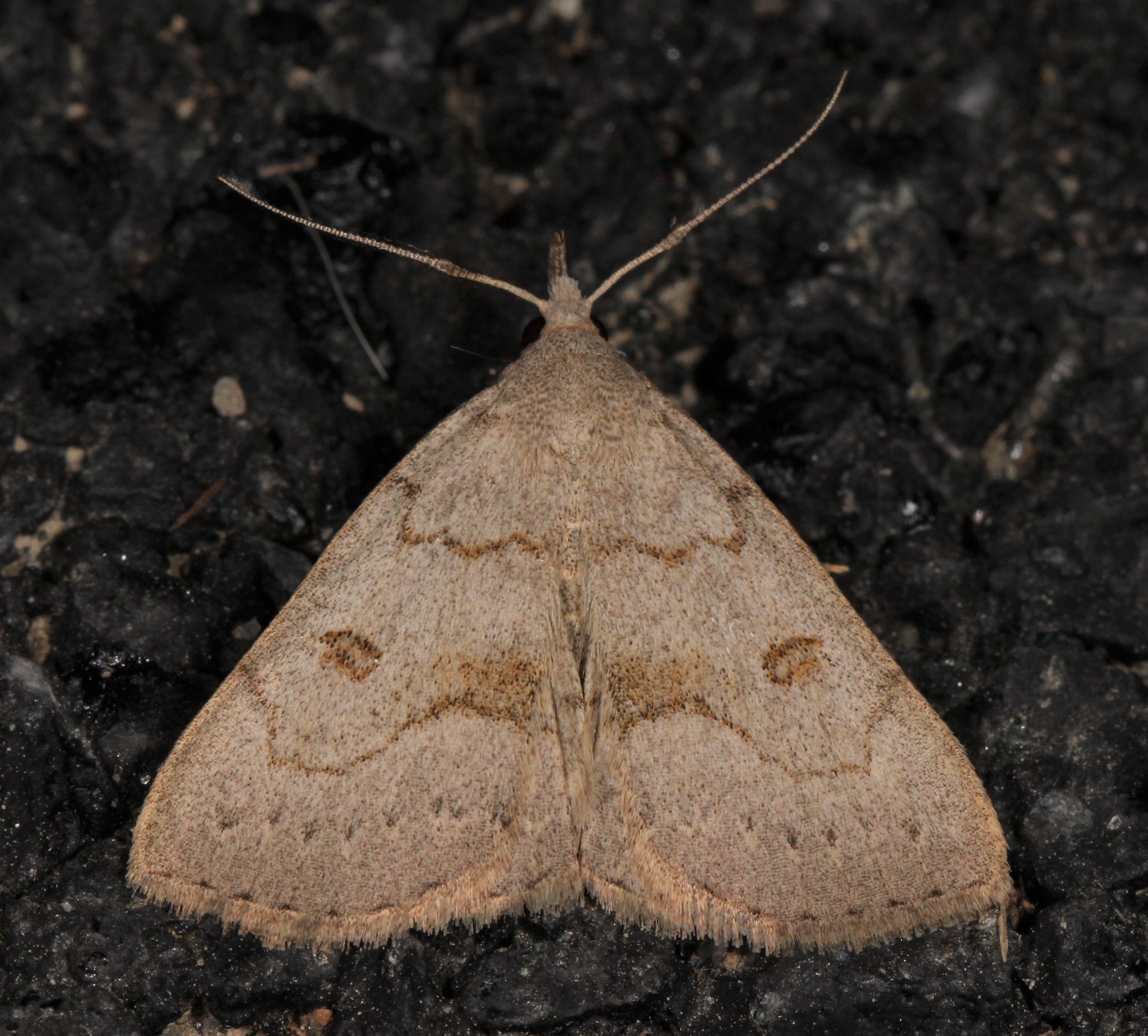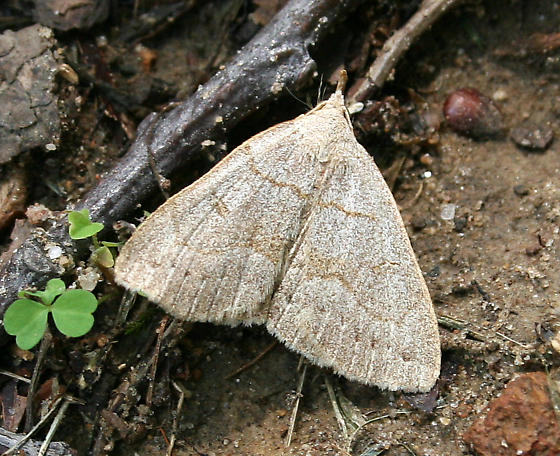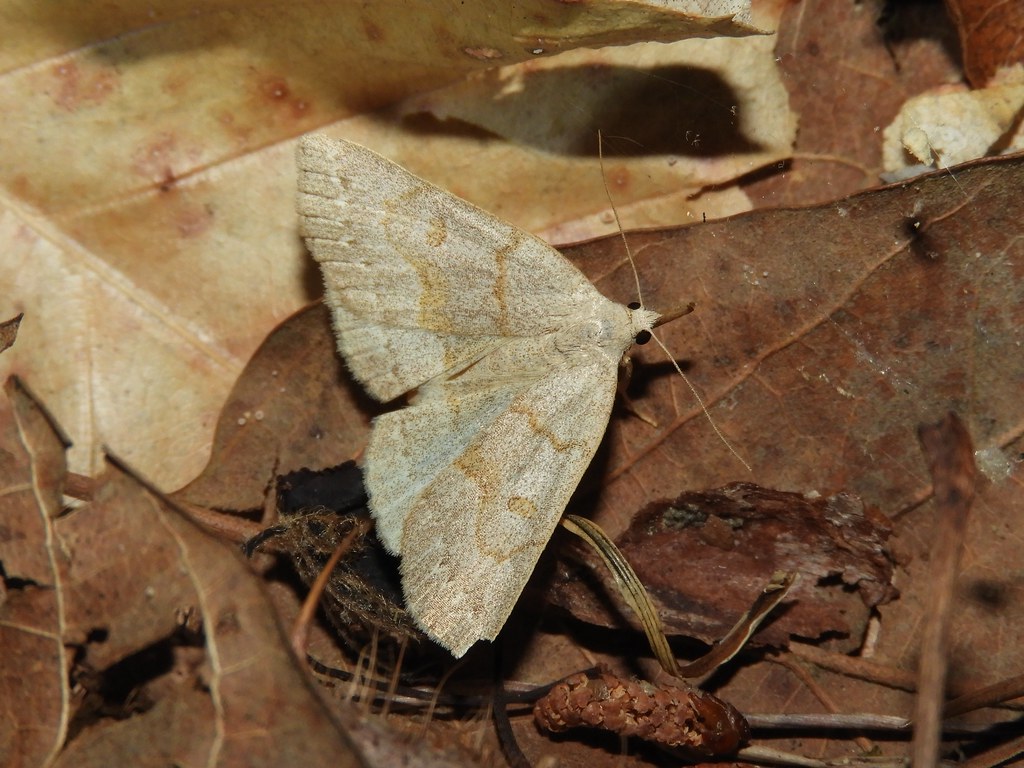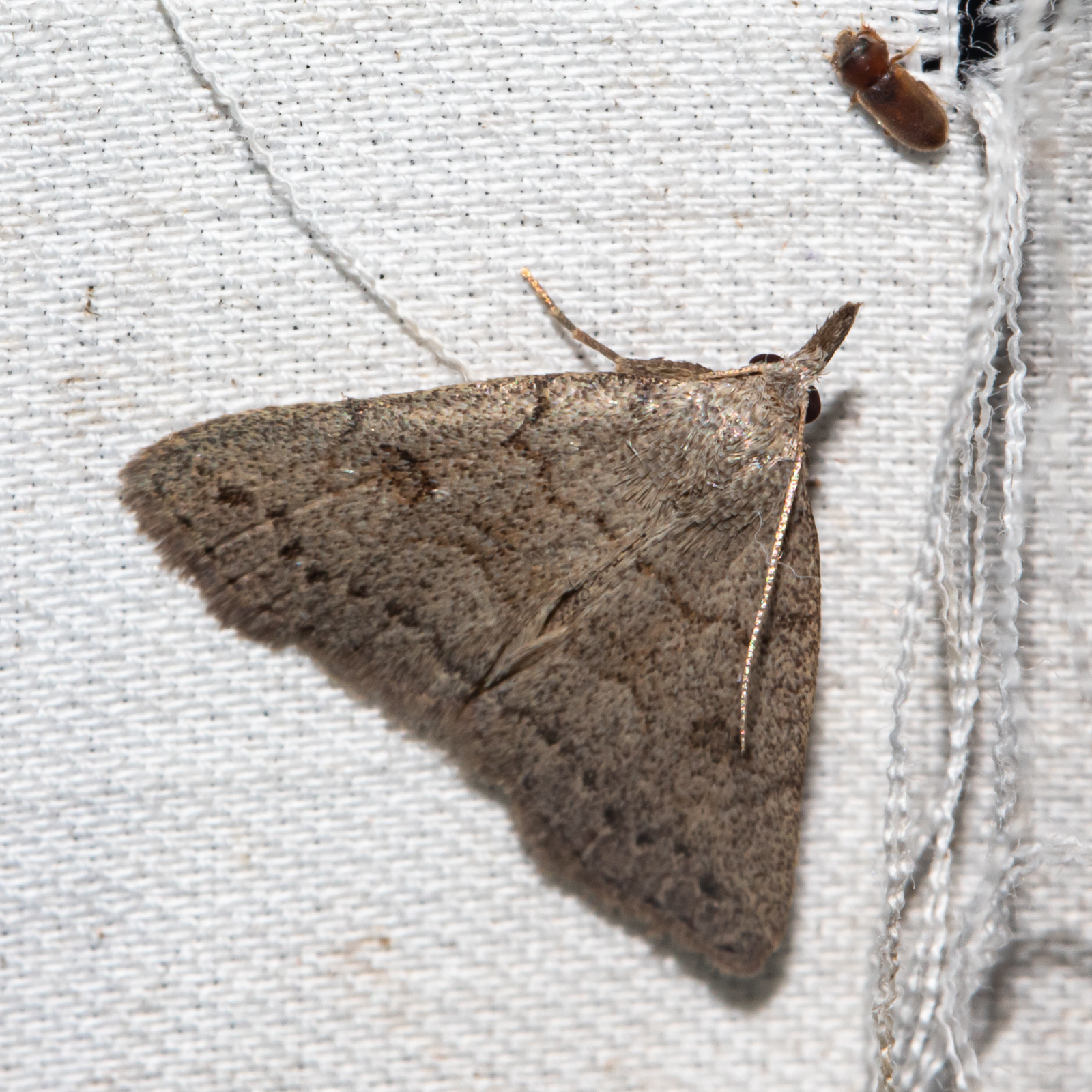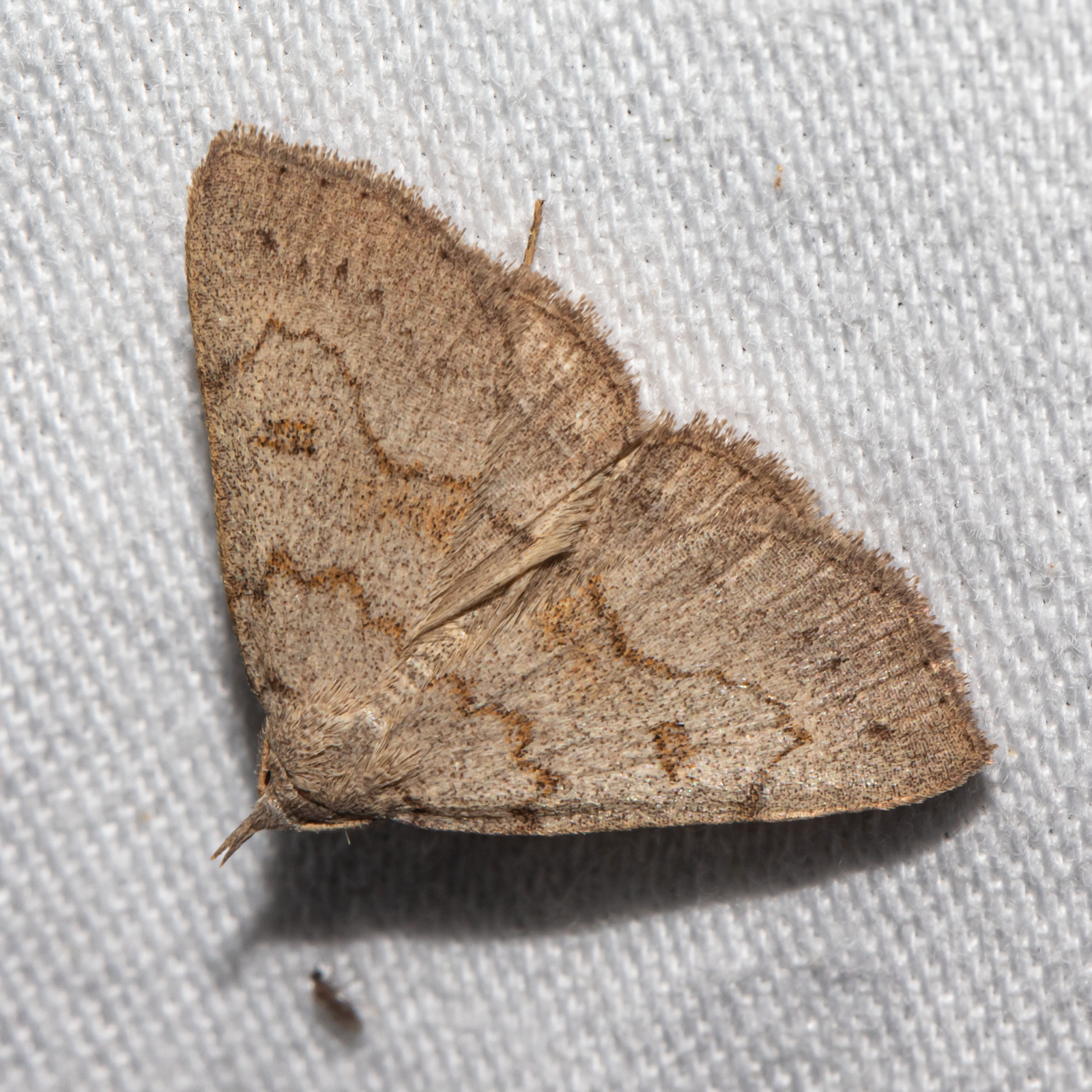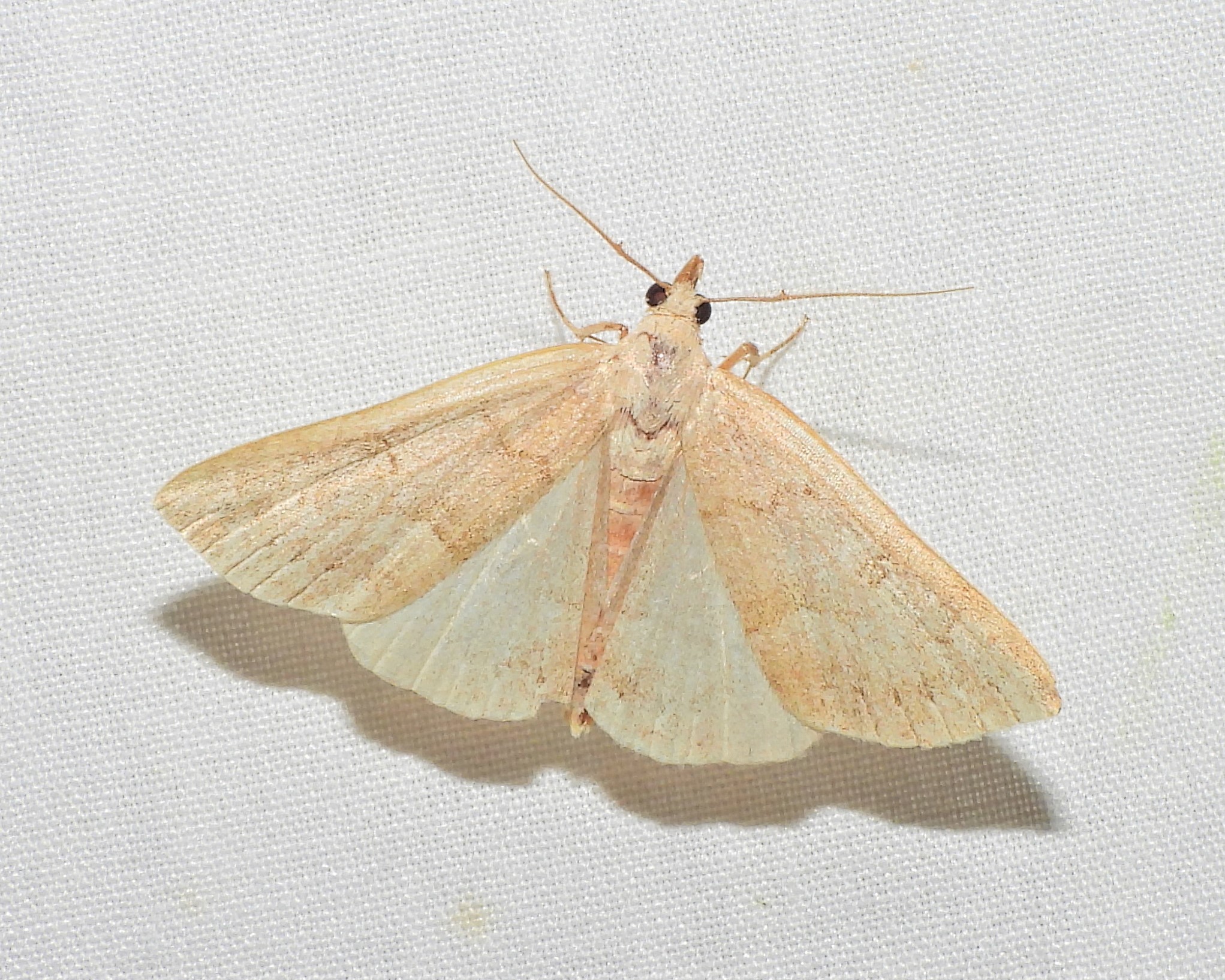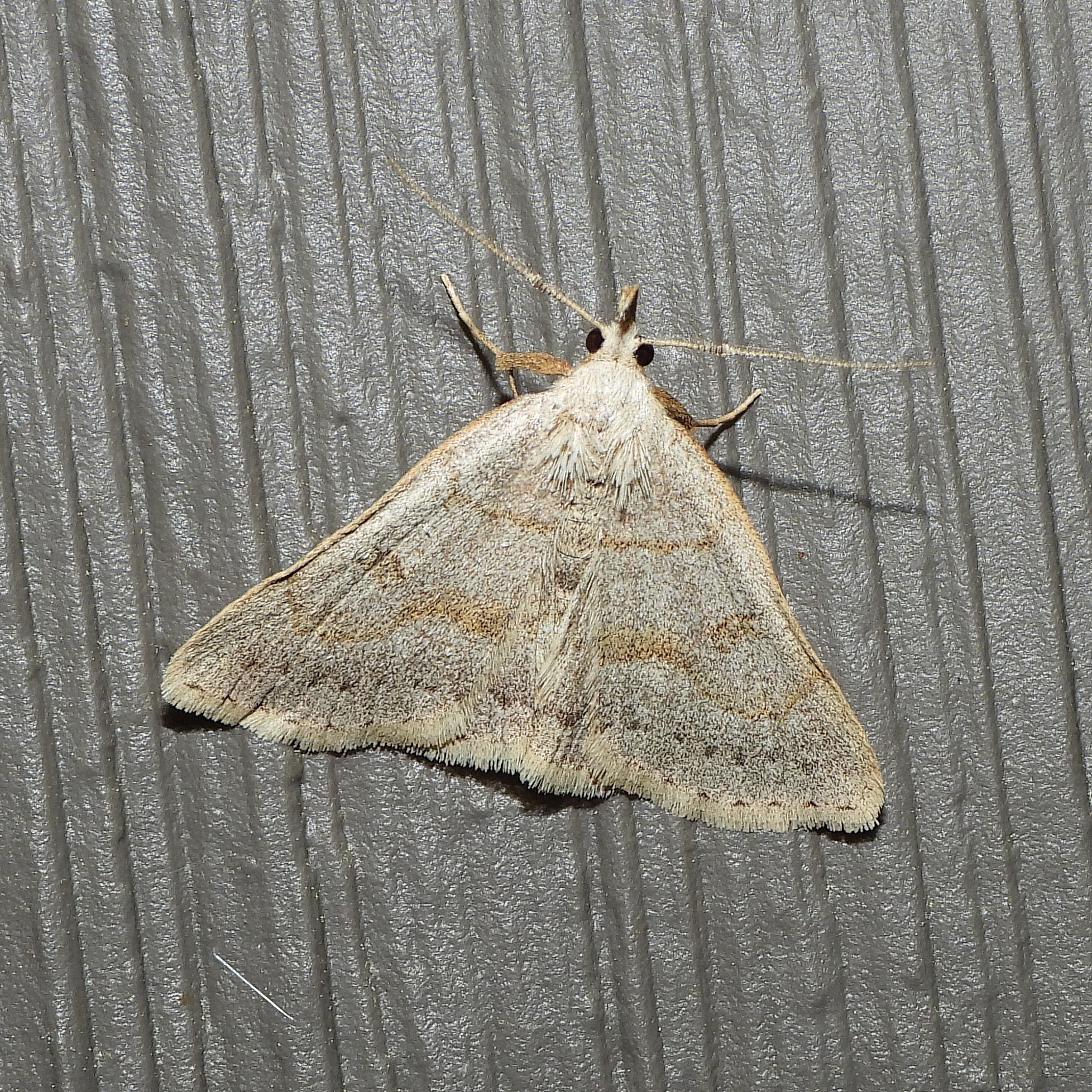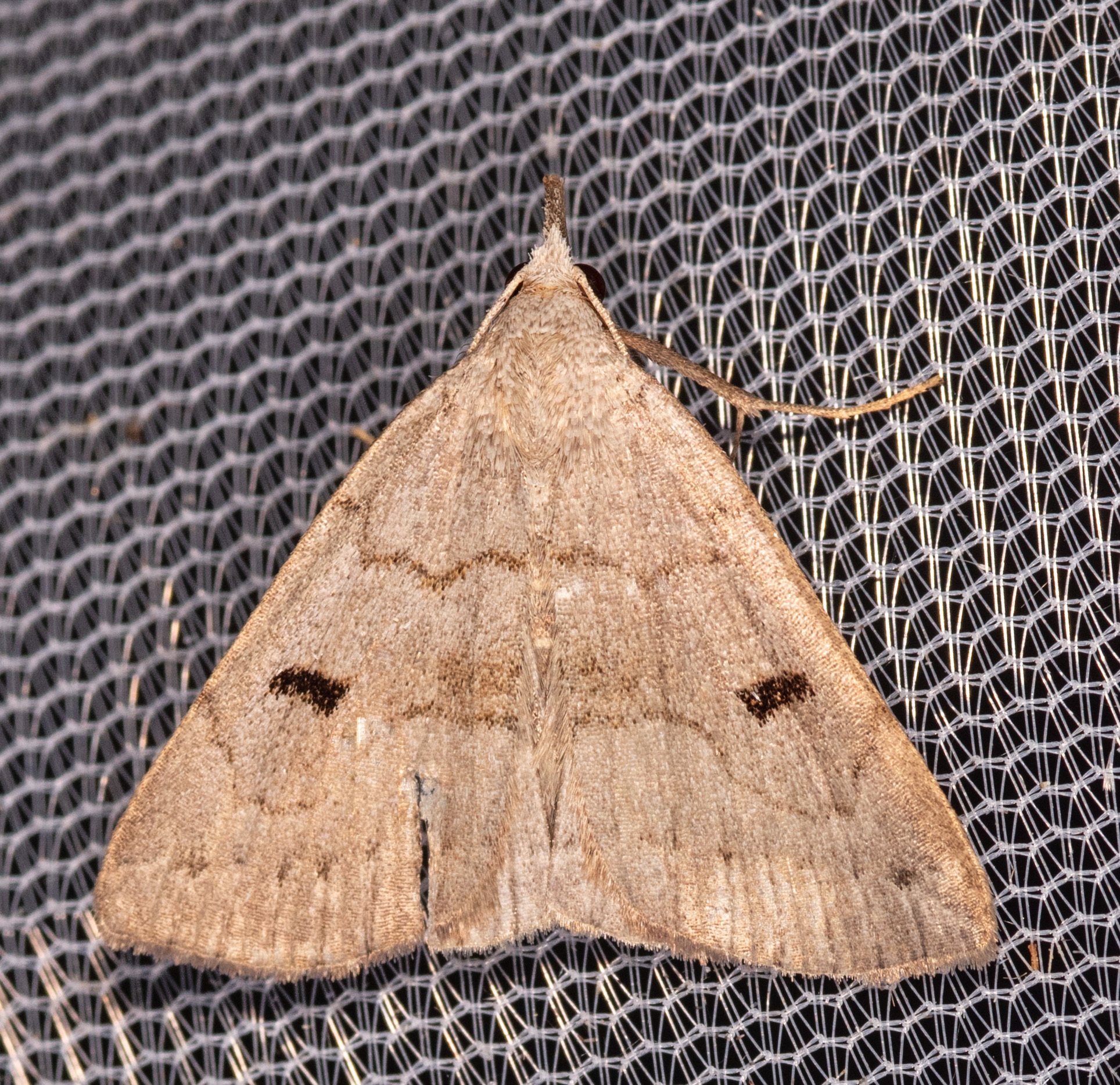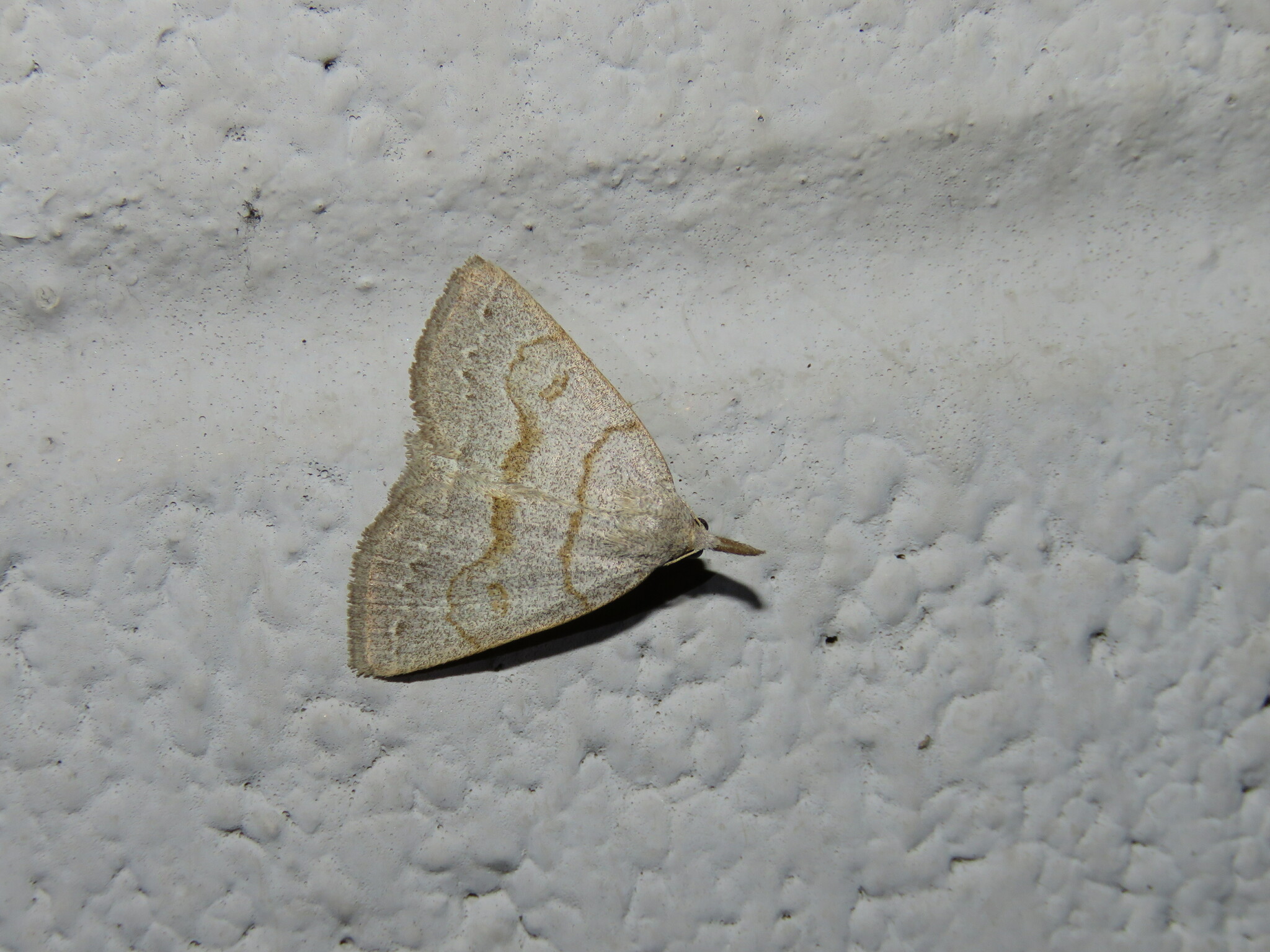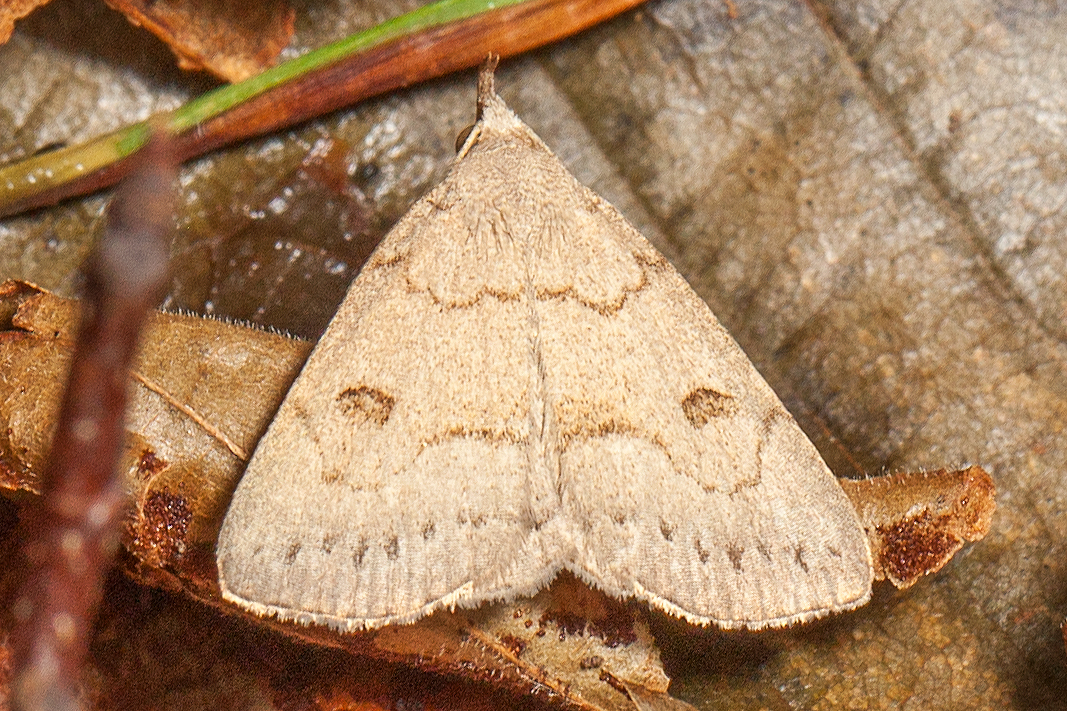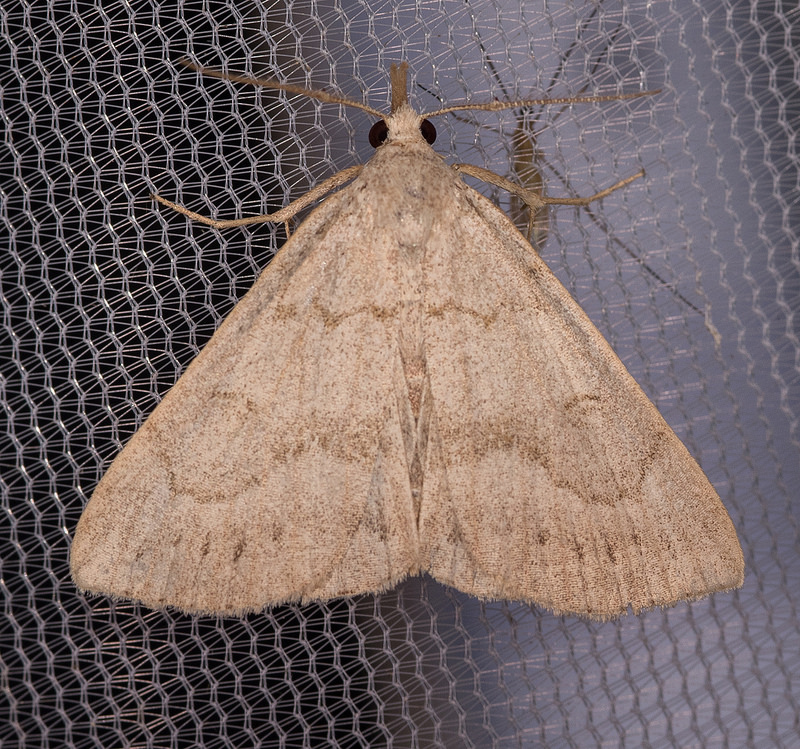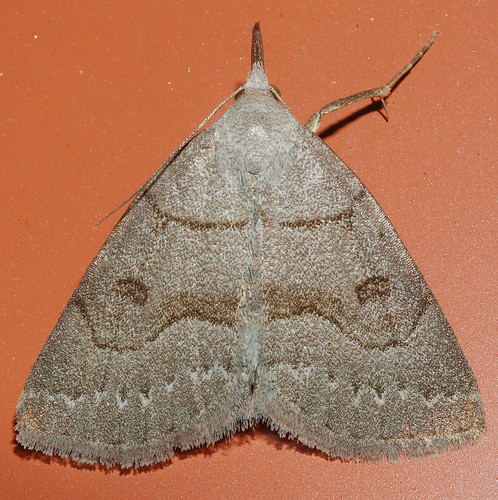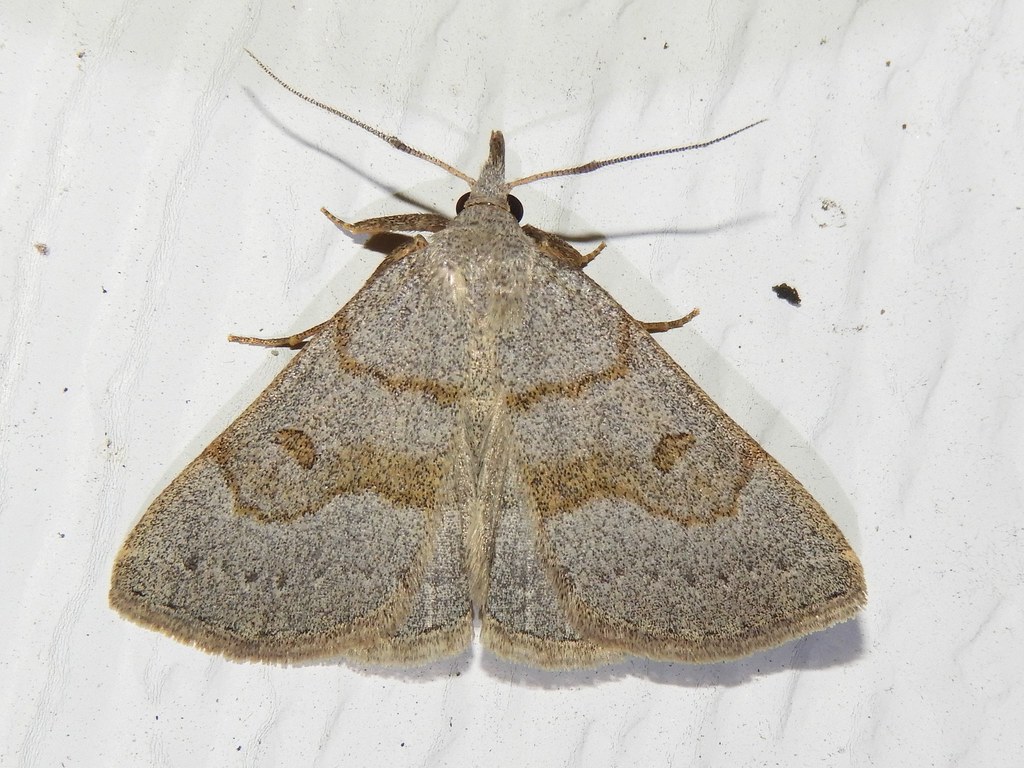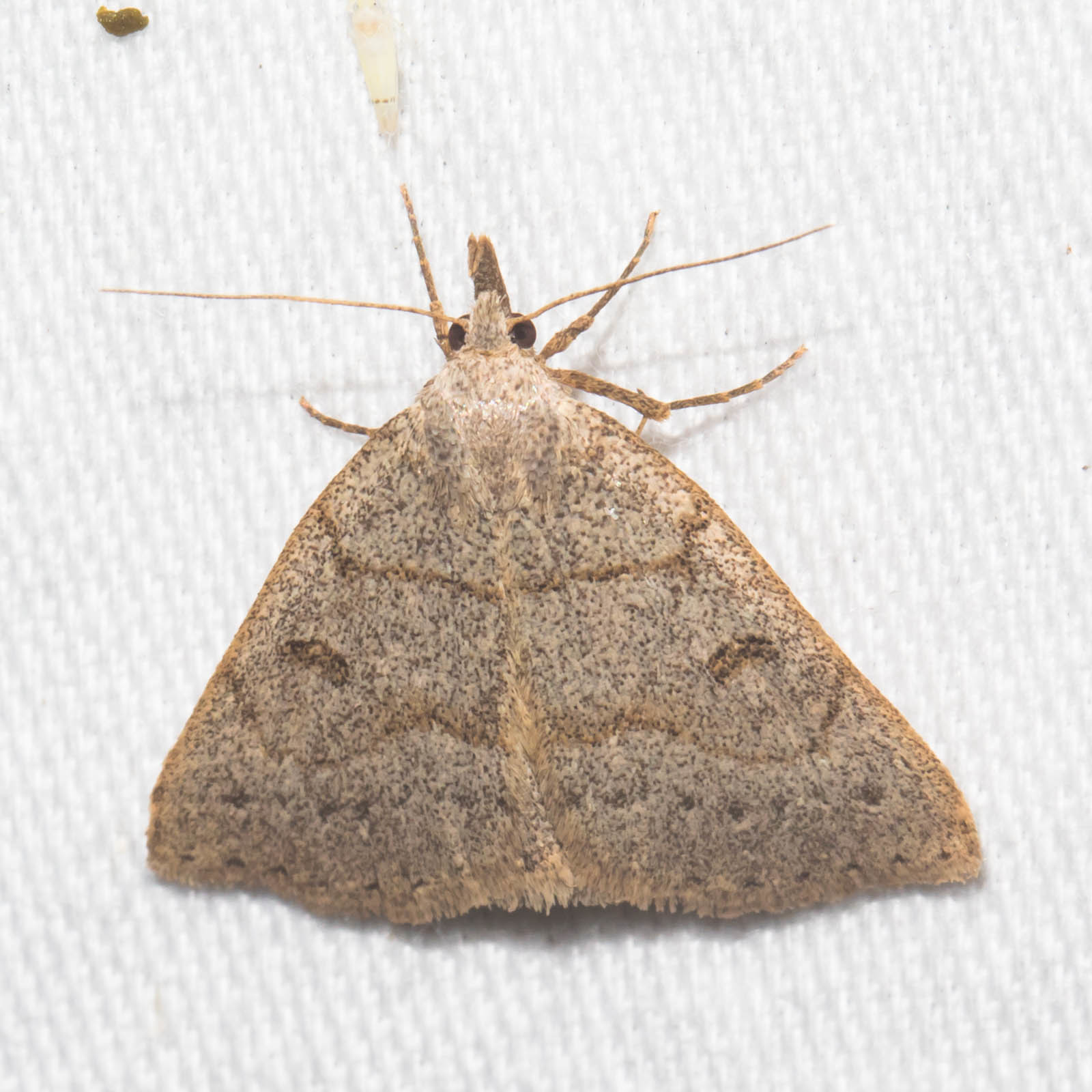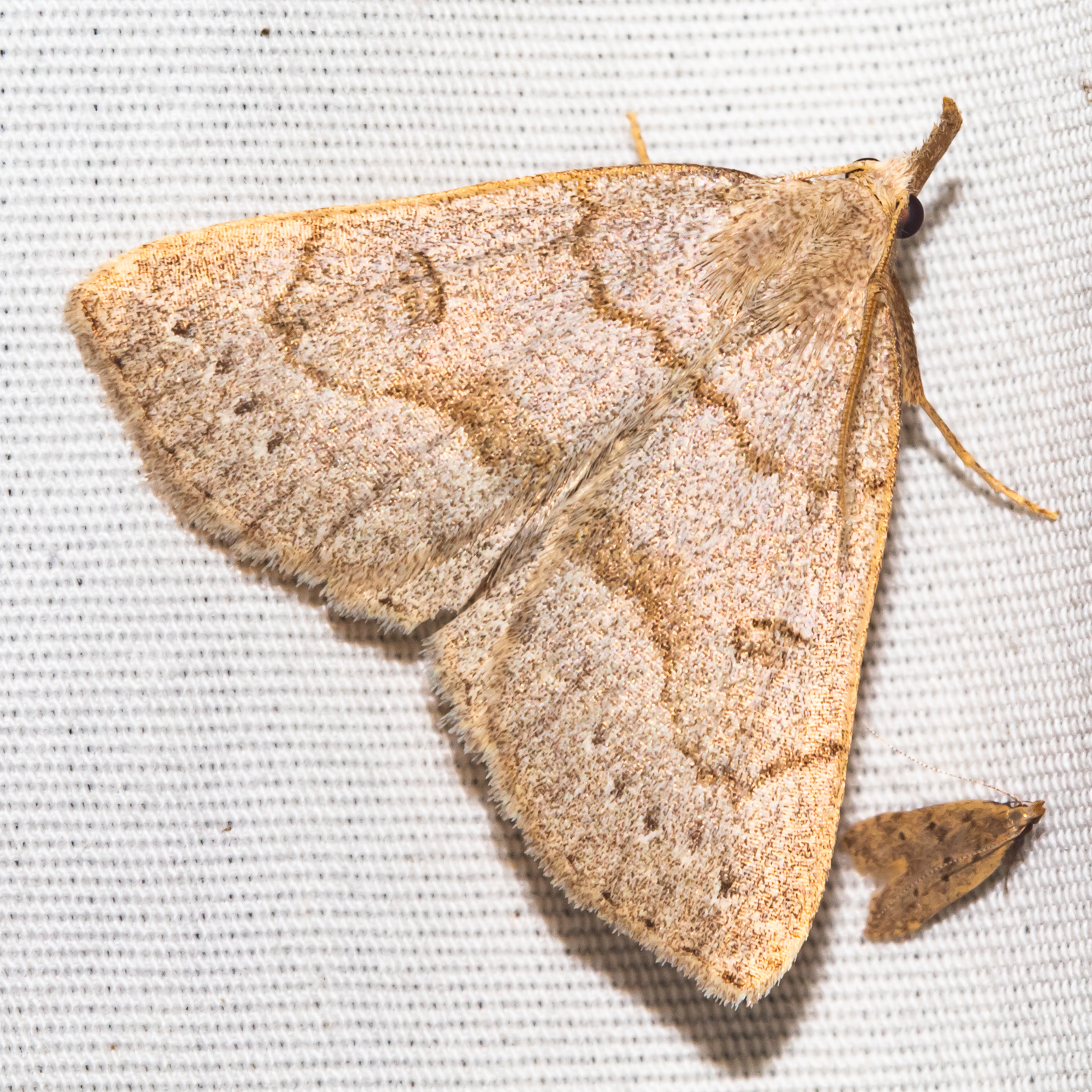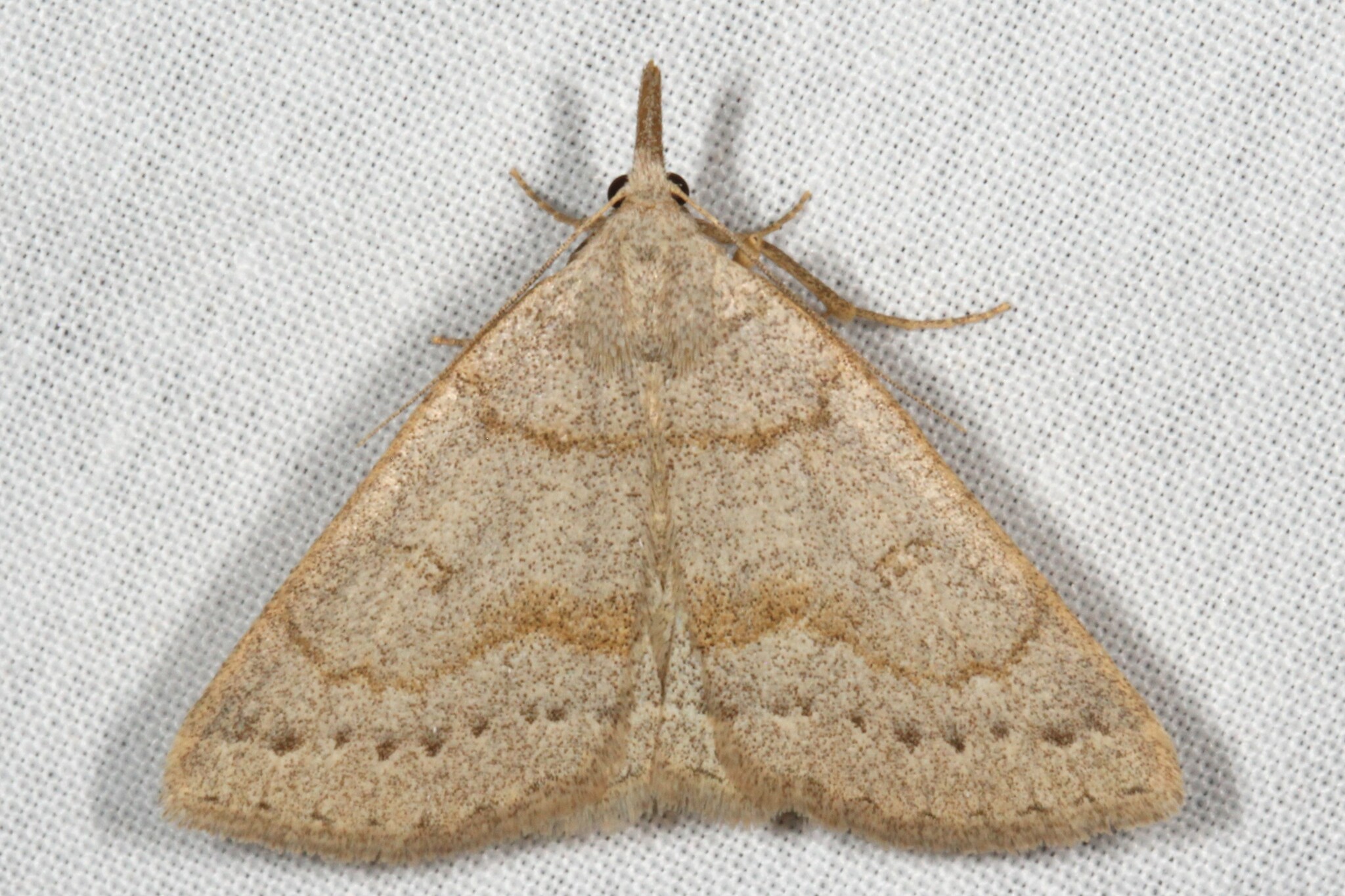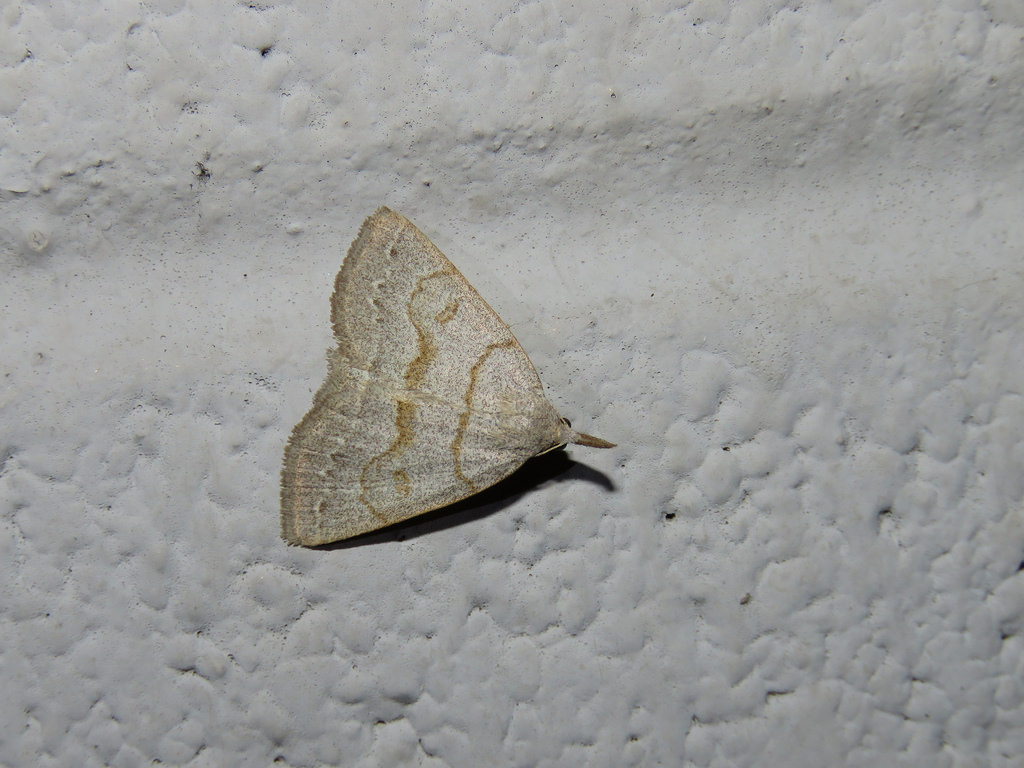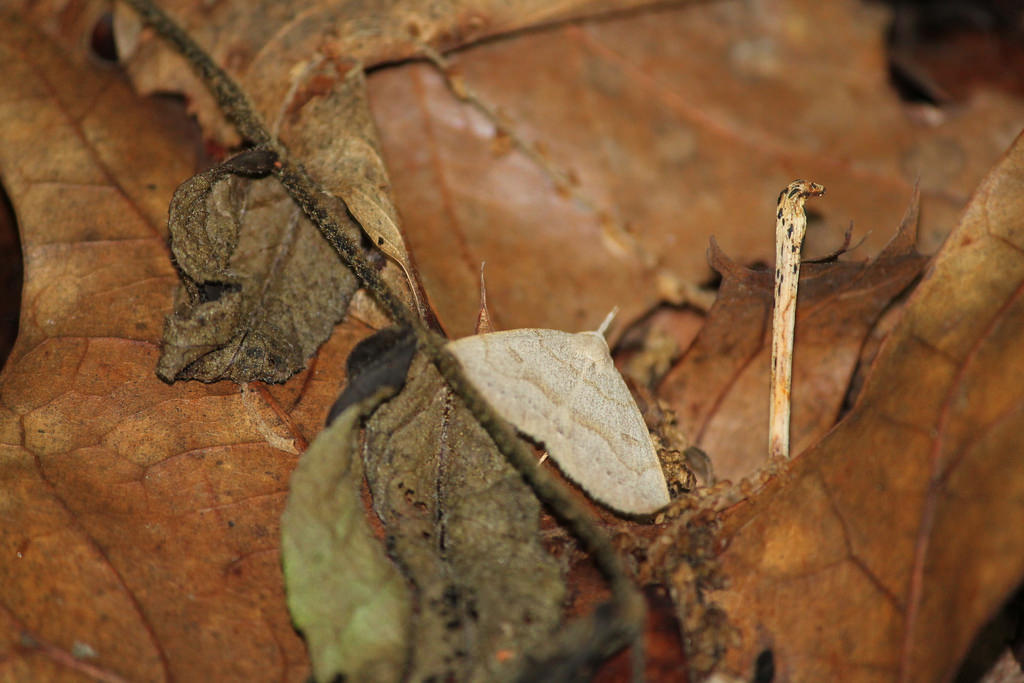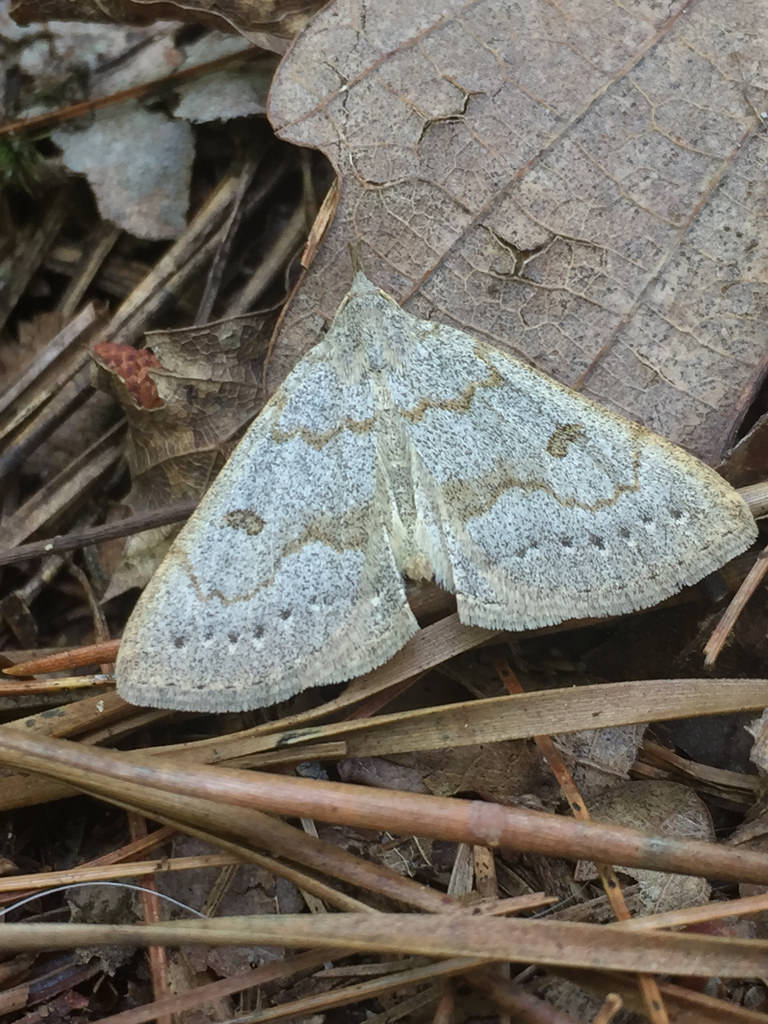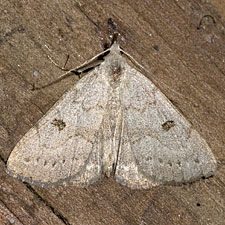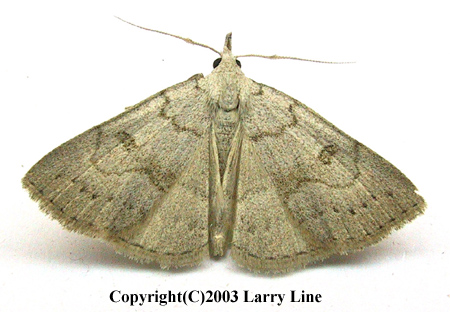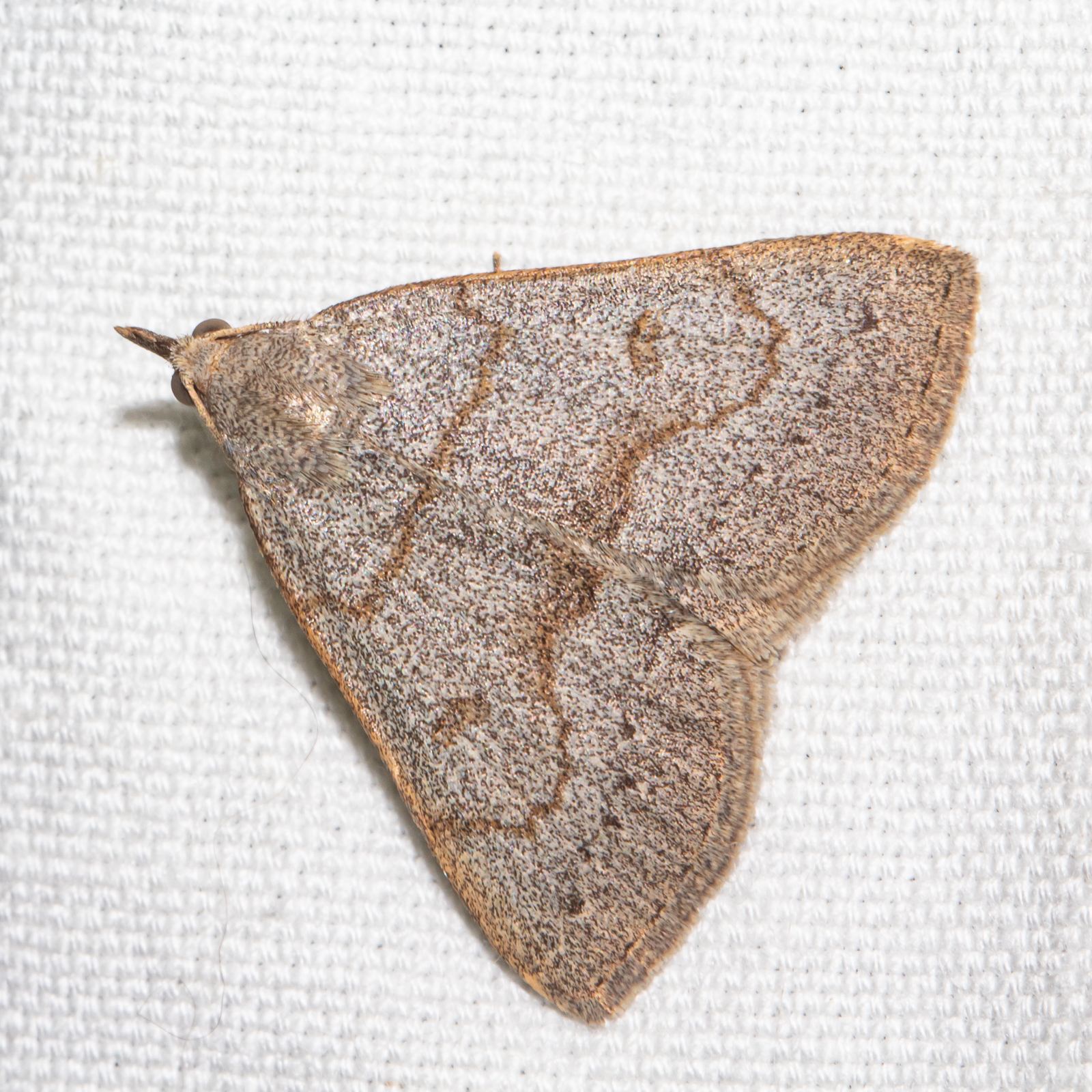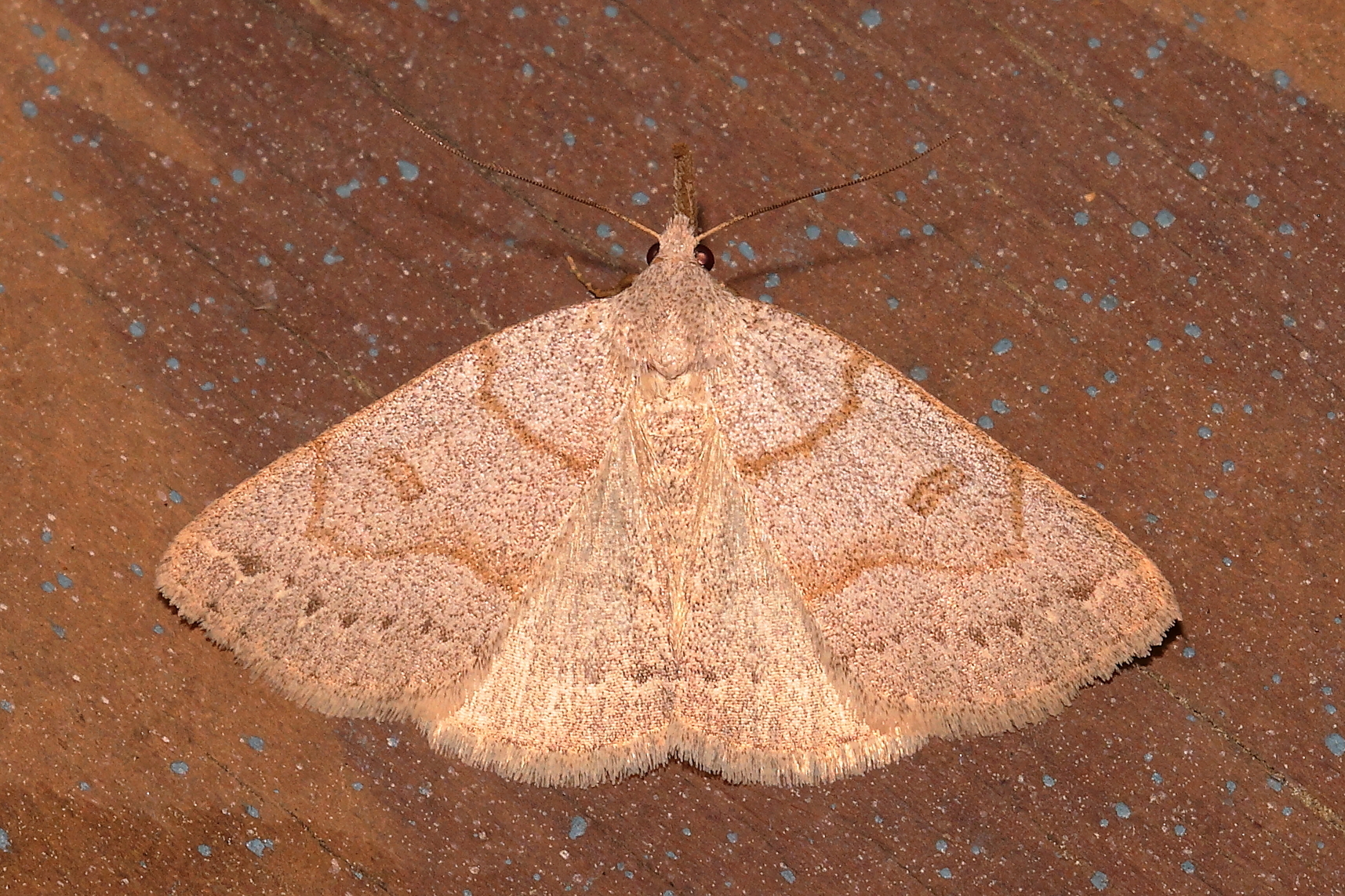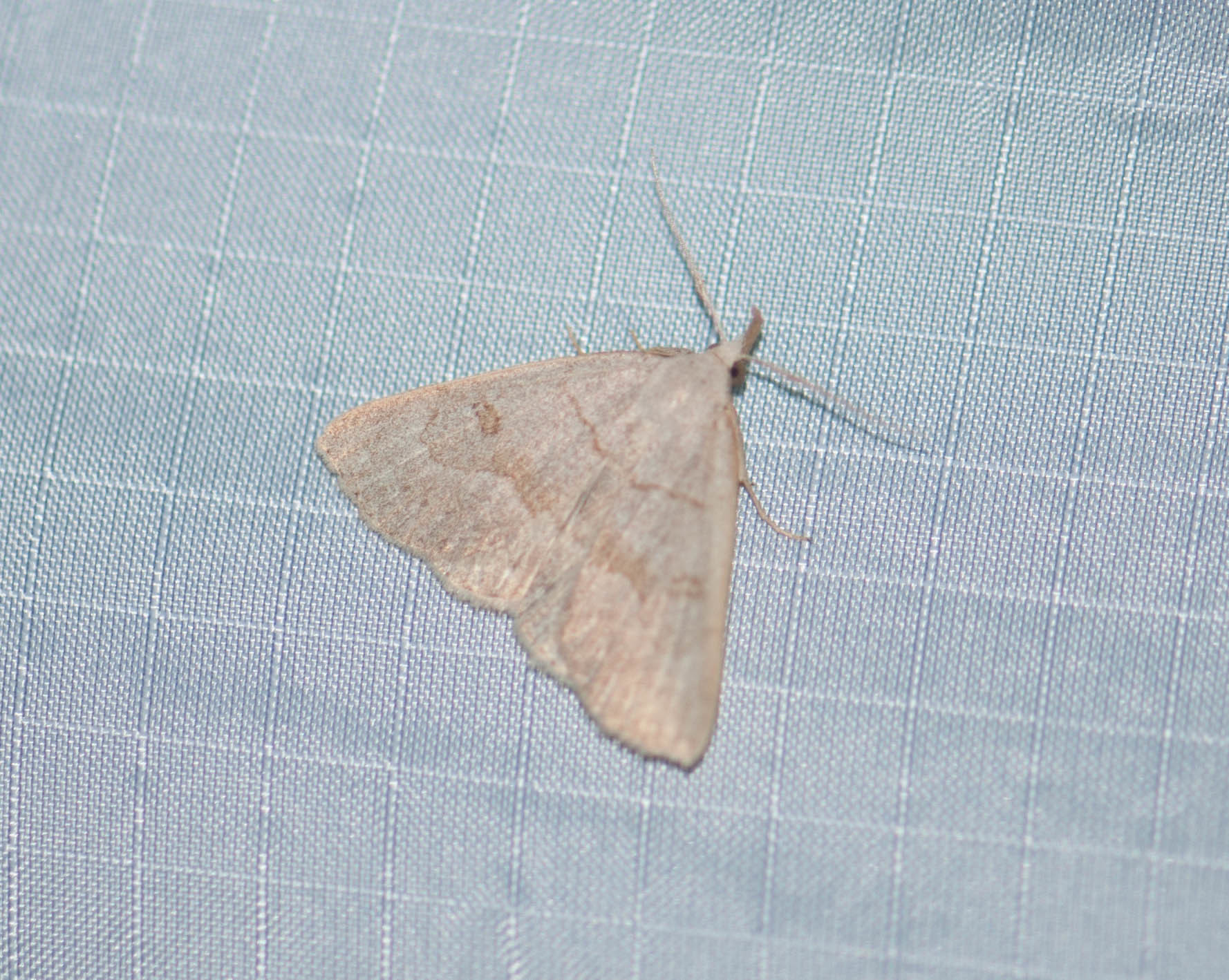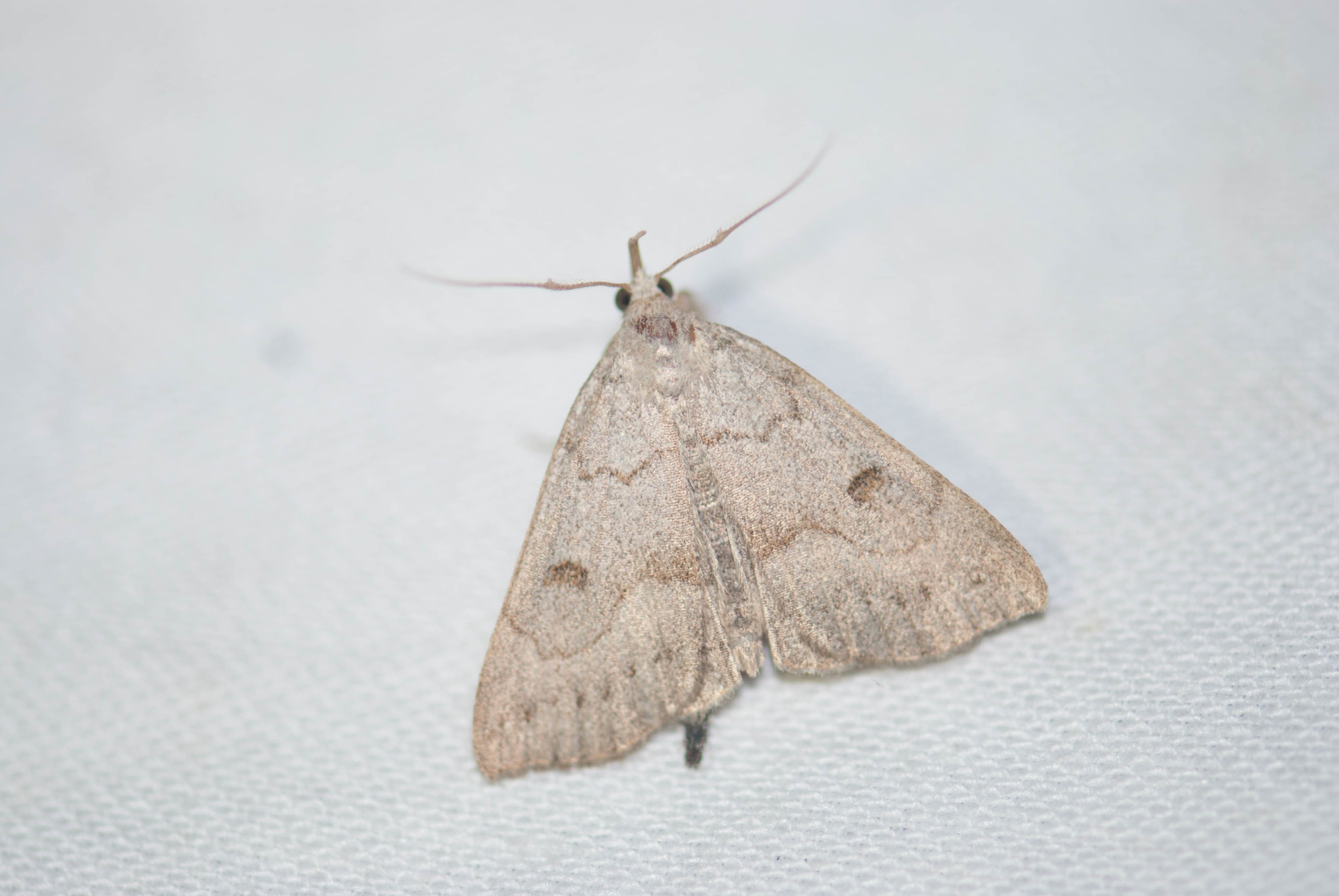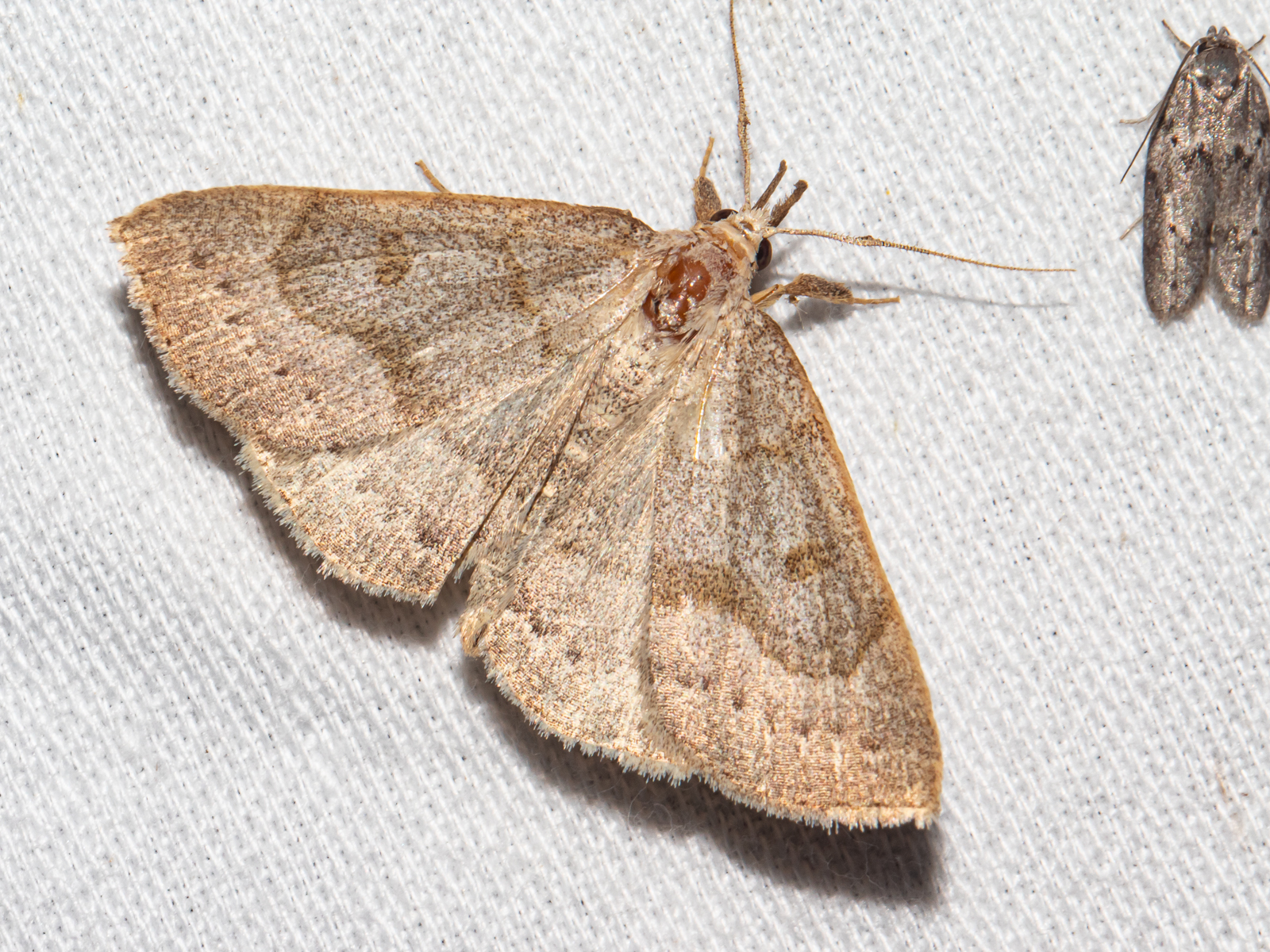A Morbid Owlet Moth in Washington Co., Maryland (6/2/2020).
A Morbid Owlet Moth in Frederick Co., Maryland (6/22/2017).
Morbid Owlet Moth in Anne Arundel Co., Maryland (7/26/2020). (c) Sergei Drovetski, all rights reserved.
A Morbid Owlet Moth in Baltimore Co., Maryland (5/19/2015). Verified by Marcia Morris/BugGuide.
A Morbid Owlet Moth in Anne Arundel Co., Maryland (6/3/2015). Verified by Roger Downer/BAMONA.
A Morbid Owlet Moth in Washington Co., Maryland (6/7/2015). Verified by Roger Downer/BAMONA.
A Morbid Owlet in Worcester Co., Maryland (5/17/2013).
A Morbid Owlet Moth in Frederick Co., Maryland (6/8/2018).
A Morbid Owlet Moth in Worcester Co., Maryland (5/17/2013).
A male Morbid Owlet Moth in Cecil Co., Maryland (7/21/2015). Verified by Roger Downer/BAMONA.
Morbid Owlet Moth in Anne Arundel Co., Maryland (8/12/2020). (c) Timothy Reichard, all rights reserved.
A Morbid Owlet Moth in Cecil Co., Maryland (5/25/2015). Verified by Roger Downer/BAMONA.
A Morbid Owlet Moth in Preston Co., West Virginia (6/14/2008).
A Morbid Owlet Moth in Howard Co., Maryland (5/21/2013).
A Morbid Owlet Moth in Dorchester Co., Maryland (5/15/2015).
Morbid Owlet Moth in Baltimore Co., Maryland (6/2/2021). (c) Emily L. Stanley, some rights reserved (CC BY-NC ).
Morbid Owlet Moth in Baltimore Co., Maryland (5/27/2021). (c) Emily L. Stanley, some rights reserved (CC BY-NC ).
Morbid Owlet Moth in Anne Arundel Co., Maryland (6/16/2022). (c) Timothy Reichard, all rights reserved.
Morbid Owlet Moth in Anne Arundel Co., Maryland (5/12/2023). (c) Timothy Reichard, all rights reserved.
Morbid Owlet Moth in Garrett Co., Maryland (6/10/2023). (c) Stephen John Davies, some rights reserved (CC BY-NC ).
Morbid Owlet Moth in Garrett Co., Maryland (6/9/2023). (c) Ashley M Bradford, some rights reserved (CC BY-NC ).
A Morbid Owlet Moth in Talbot Co., Maryland (5/16/2015). Verified by A. Hendrickson/BugGuide.
A male Morbid Owlet Moth in Cecil Co., Maryland (5/15/2021).
A Morbid Owlet Moth in Baltimore City, Maryland (6/4/2007). Determined by Jason D. Roberts/BugGuide.
A Morbid Owlet Moth in Frederick Co., Maryland (6/8/2016). Determined by Roger Downer/BAMONA.
A Morbid Owlet Moth in Calvert Co., Maryland (5/31/2019).
Morbid Owlet Moth in Anne Arundel Co., Maryland (8/12/2020). (c) Timothy Reichard, all rights reserved.
Morbid Owlet Moth in Anne Arundel Co., Maryland (6/2/2021). (c) Timothy Reichard, all rights reserved.
Morbid Owlet Moth in Frederick Co., Maryland (6/29/2021). (c) Emilio Concari, some rights reserved (CC BY-NC ).
Morbid Owlet Moth in Caroline Co., Maryland (5/23/2021).
Morbid Owlet Moth in Frederick Co., Maryland (5/25/2022). (c) Emilio Concari, some rights reserved (CC BY-NC ).
Morbid Owlet Moth in Baltimore Co., Maryland (6/3/2022). (c) Jim Brighton, some rights reserved (CC BY-NC ).
Morbid Owlet Moth in Baltimore Co., Maryland (6/3/2022). (c) Mark Etheridge, some rights reserved (CC BY-NC ).
Morbid Owlet Moth in Harford Co., Maryland (Date obscured). (c) Josh Emm, some rights reserved (CC BY-NC ).
Morbid Owlet Moth in Prince George's Co., Maryland (8/1/2020). (c) Sergei Drovetski, all rights reserved.
A Morbid Owlet Moth in Frederick Co., Maryland (6/12/2016).
A Morbid Owlet Moth in Anne Arundel Co., Maryland (5/28/2015).
A Morbid Owlet Moth in Calvert Co., Maryland (5/11/2019).
Morbid Owlet Moth in Anne Arundel Co., Maryland (5/29/2018). (c) Timothy Reichard, all rights reserved.
Morbid Owlet Moth in Anne Arundel Co., Maryland (5/28/2019). (c) Timothy Reichard, all rights reserved.
Morbid Owlet Moth in Frederick Co., Maryland (6/2/2023). (c) Luke Smith, some rights reserved (CC BY-NC ).
A Morbid Owlet Moth in Harford Co., Maryland (6/5/2017).
A Morbid Owlet Moth in Montgomery Co., Maryland (5/30/2018).
A Morbid Owlet Moth in Allegany Co., Maryland (5/24/2018).
A Morbid Owlet Moth in Calvert Co., Maryland (5/19/2006).
A Morbid Owlet Moth in Howard Co., Maryland (6/6/2003). Note the tufts on the antennae.
Morbid Owlet Moth in Talbot Co., Maryland (5/22/2021). (c) Timothy Reichard, all rights reserved.
Morbid Owlet Moth in Anne Arundel Co., Maryland (5/23/2021). (c) Sergei Drovetski, all rights reserved.
Morbid Owlet Moth in Baltimore Co., Maryland (6/4/2022). (c) johnbotany, some rights reserved (CC BY-NC ).
Morbid Owlet Moth in Baltimore Co., Maryland (6/4/2022). (c) johnbotany, some rights reserved (CC BY-NC ).
Morbid Owlet Moth in Anne Arundel Co., Maryland (6/2/2023). (c) Timothy Reichard, all rights reserved.
Previous
Next
Status Maryland Biodiversity Project follows BugGuide and Crabo et al (2013) in treating Stone-winged Owlet Moth (Chytolita petrealis ) as synonymous with Morbid Owlet Moth.
Relationships Larvae feed on dead leaves of deciduous trees (BugGuide).
Seasonality Snapshot
Jan Feb Mar Apr May Jun Jul Aug Sep Oct Nov Dec 0 1 2 Totals
Use of media featured on Maryland Biodiversity Project is only permitted with express permission of the photographer.
A Morbid Owlet Moth in Preston Co., West Virginia (6/14/2008).
Media by
Jim Brighton .
Genus of moths
Chytolita monotypic litter moth genus of the family Erebidae erected by Augustus Radcliffe Grote in 1873.[ 1] [ 2] Chytolita morbidalis morbid owlet moth or morbid owlet , was first described by Achille Guenée in 1854.[ 3] North Carolina , Texas and Florida in the west.[ 4]
The wingspan is 29–35 mm. The forewings are pale grayish white with diffuse, brownish or orangish lines. The hindwings are even paler with faint grayish veins. Adults are on wing from May to August. There seems to be one generation per year.
The larvae feed on the leaves of various deciduous trees and have been reared on dandelion, grass, hazel and lettuce.[ 5]
Chytolita petrealis is now considered a synonym of C. morbidalis because DNA barcode analysis has revealed little barcode variation among specimens of both forms examined across a wide geographic range.[ 3] "petrealis" form was known by the common names lesser gray chytolita , stone-winged owlet or lesser luteous snout .
^ Lafontaine, Donald; Schmidt, Christian (March 19, 2010). "Annotated check list of the Noctuoidea (Insecta, Lepidoptera) of North America north of Mexico" . ZooKeys (40): 26. doi :10.3897/zookeys.40.414 ^ Zahiri, Reza; et al. (2011). "Molecular phylogenetics of Erebidae (Lepidoptera, Noctuoidea)" . Systematic Entomology . 37 : 102– 124. doi :10.1111/j.1365-3113.2011.00607.x S2CID 84249695 . ^ a b Crabo, L. G.; Davis, M.; Hammond, P.; Mustelin, T & Shepard, J. (2013). "Five new species and three new subspecies of Erebidae and Noctuidae (Insecta, Lepidoptera) from Northwestern North America, with notes on Chytolita Grote (Erebidae) and Hydraecia Guenée (Noctuidae)". ZooKeys 264 : 85-123. doi :10.3897/zookeys.264.4304
^ "930502.00 – 8355 – Chytolita morbidalis – Morbid Owlet Moth – (Guenée, 1854)" . North American Moth Photographers Group . Mississippi State University. Retrieved January 26, 2020 .^ McLeod, Robin (May 16, 2015). "Species Chytolita morbidalis - Morbid Owlet - Hodges#8355" . BugGuide . Retrieved January 26, 2020 .
Wikimedia Commons has media related to
Chytolita .
Chytolita Chytolita morbidalis

























